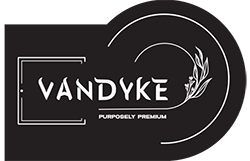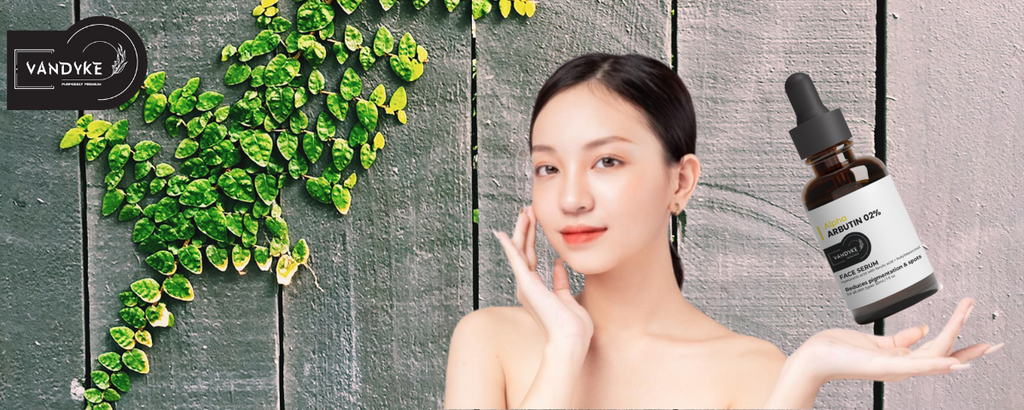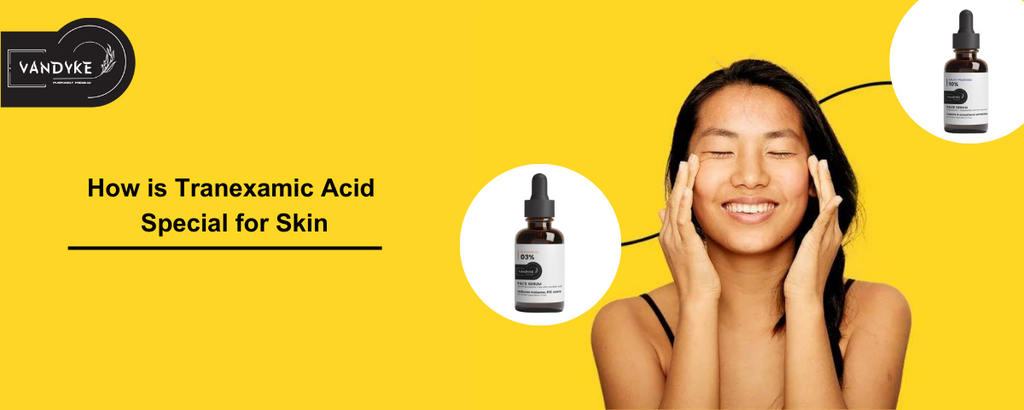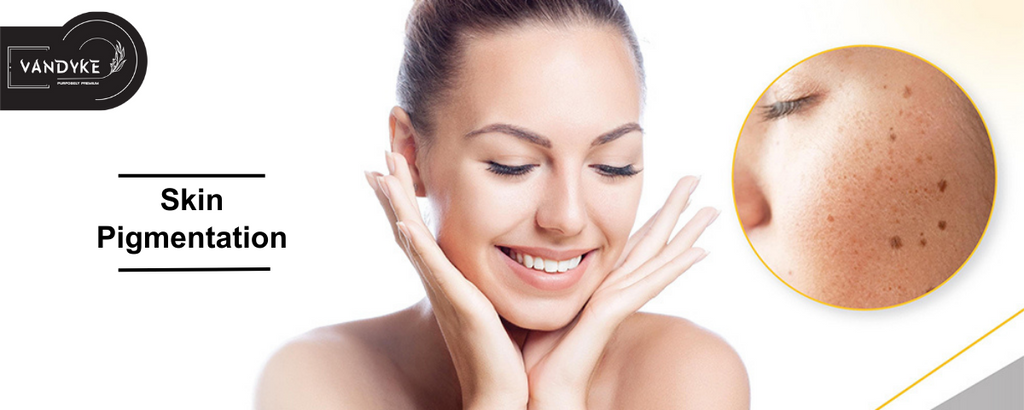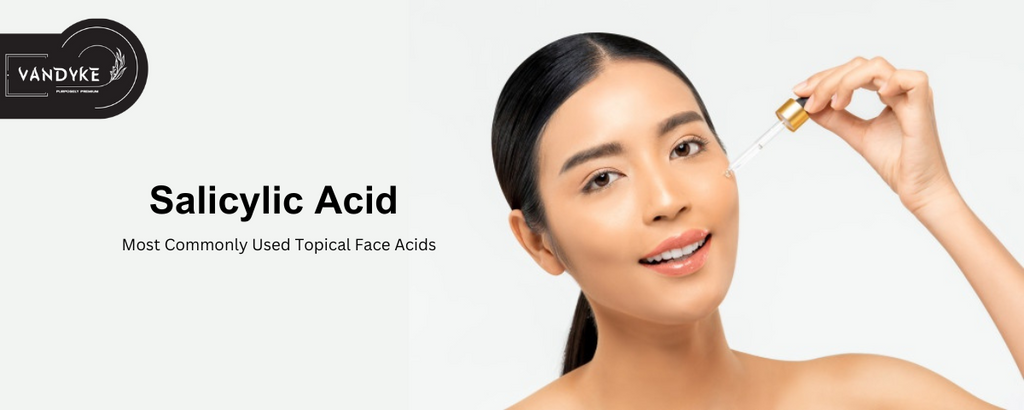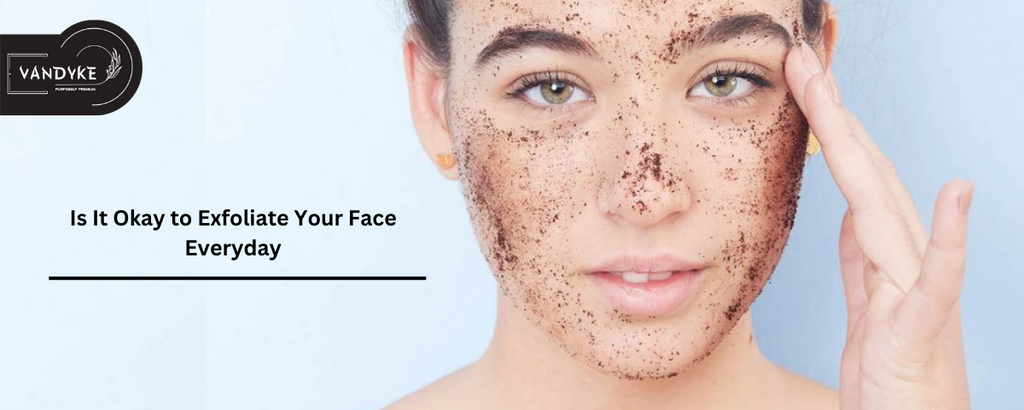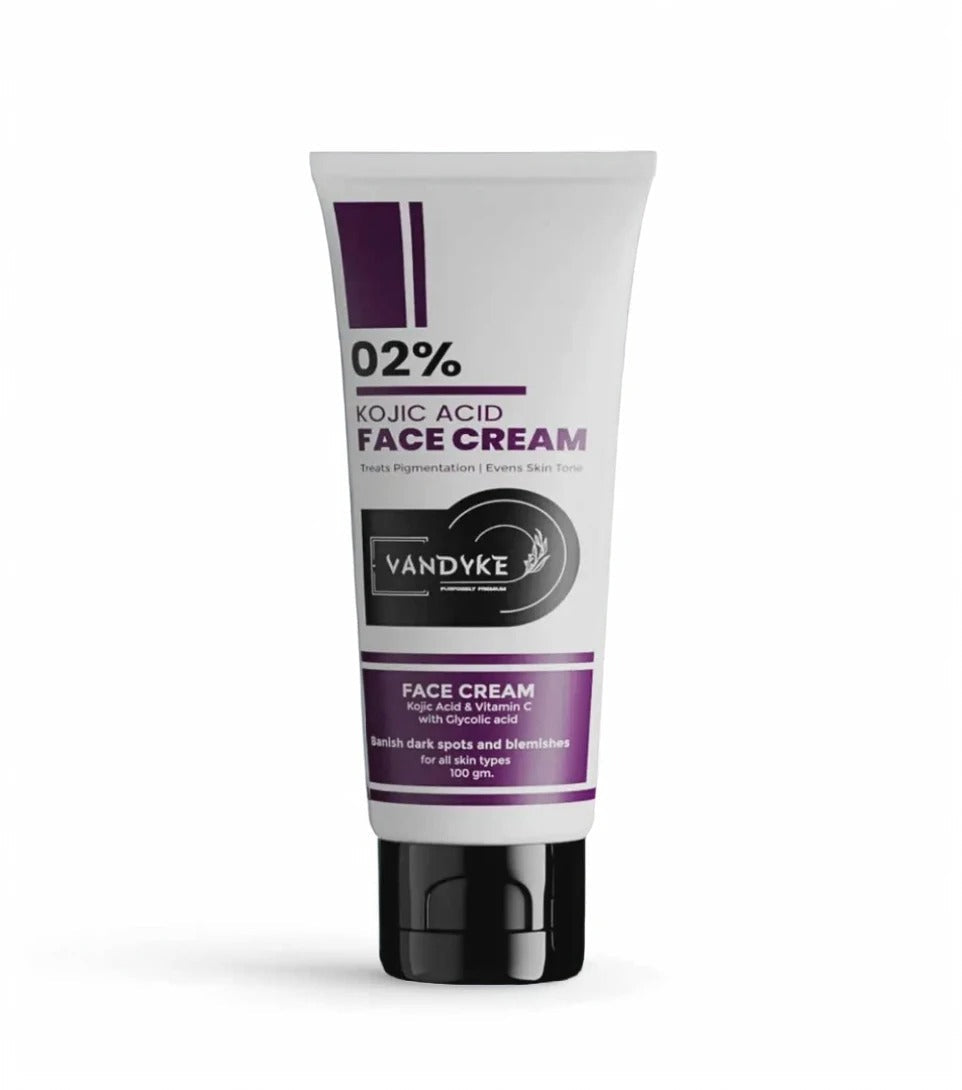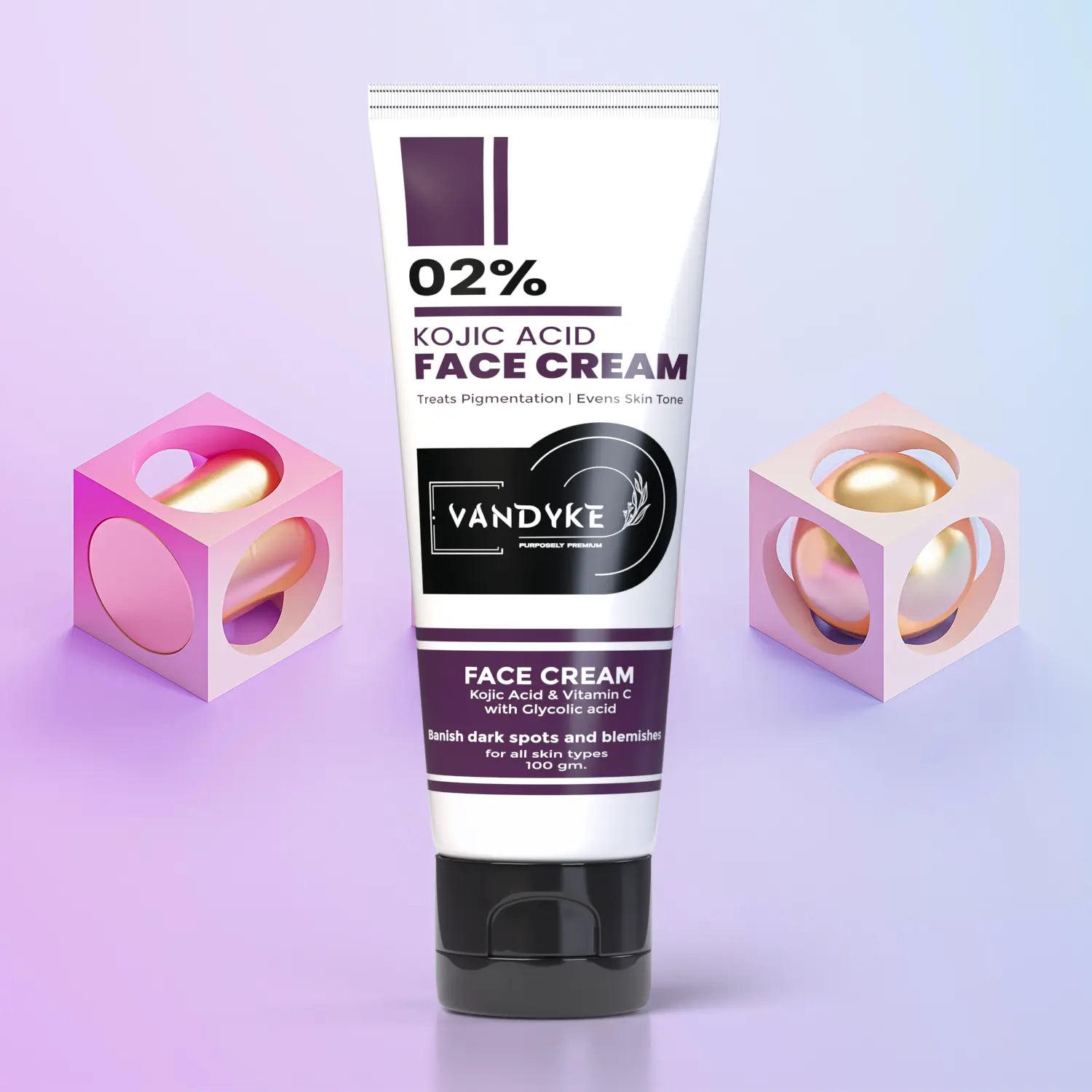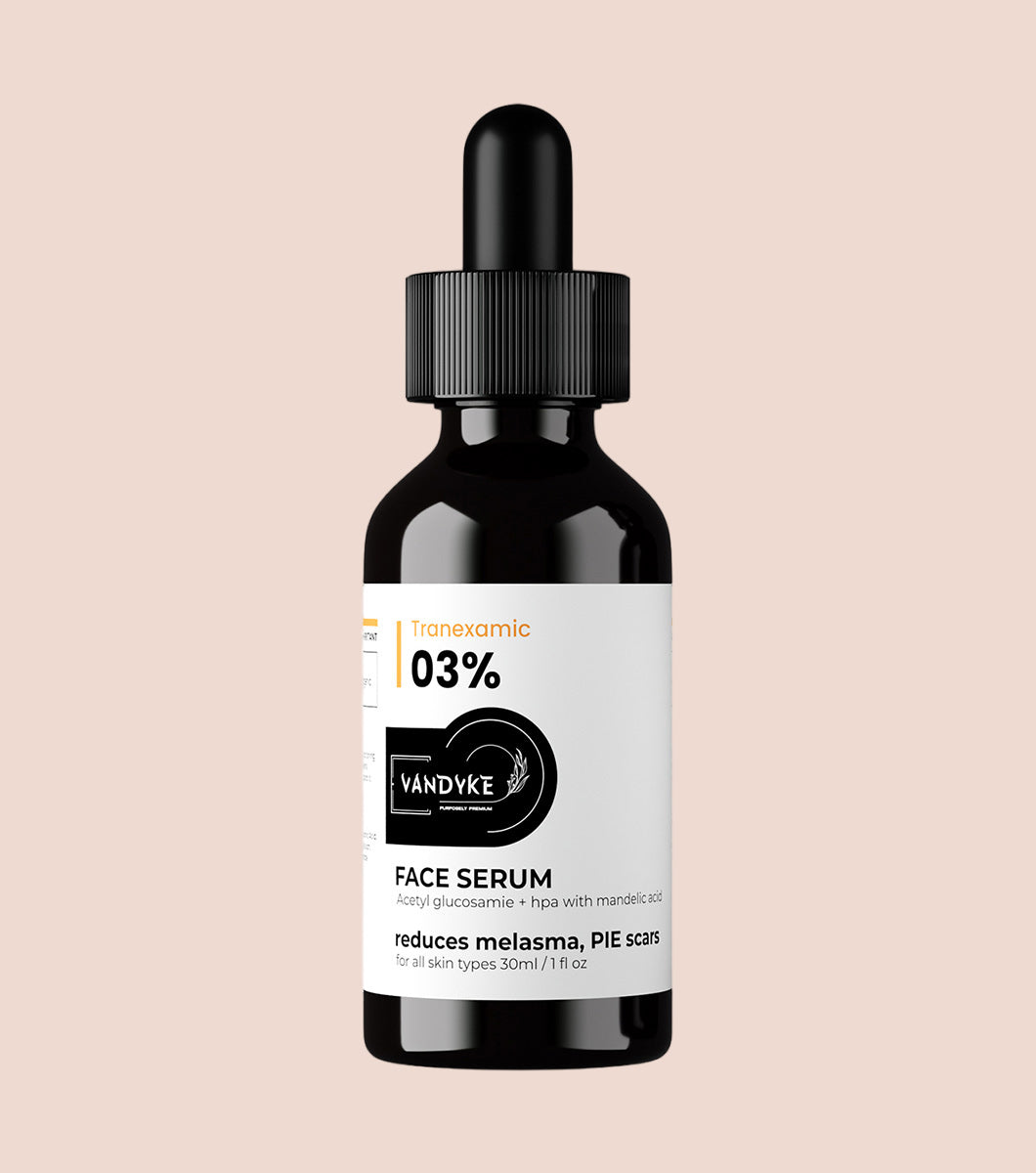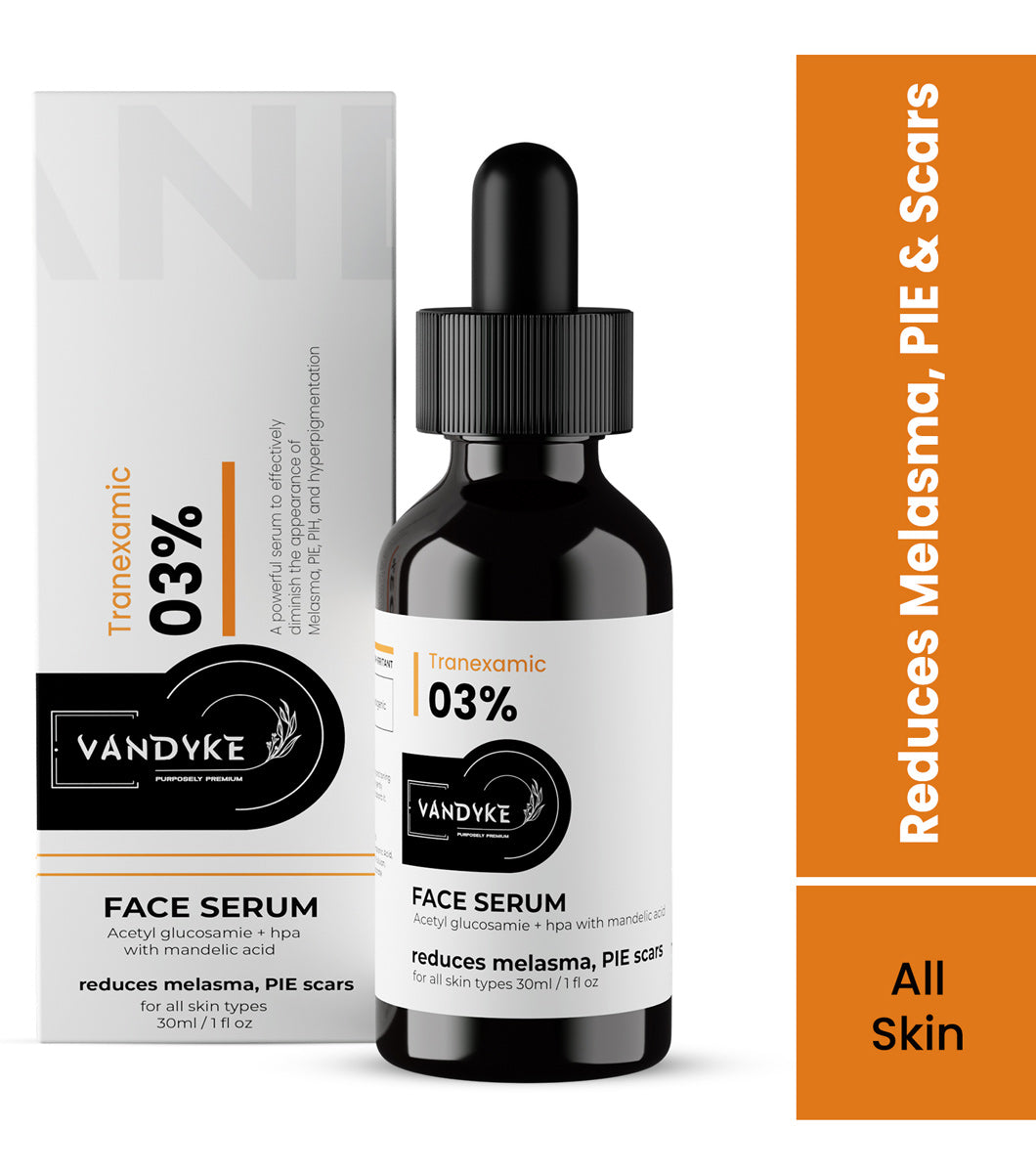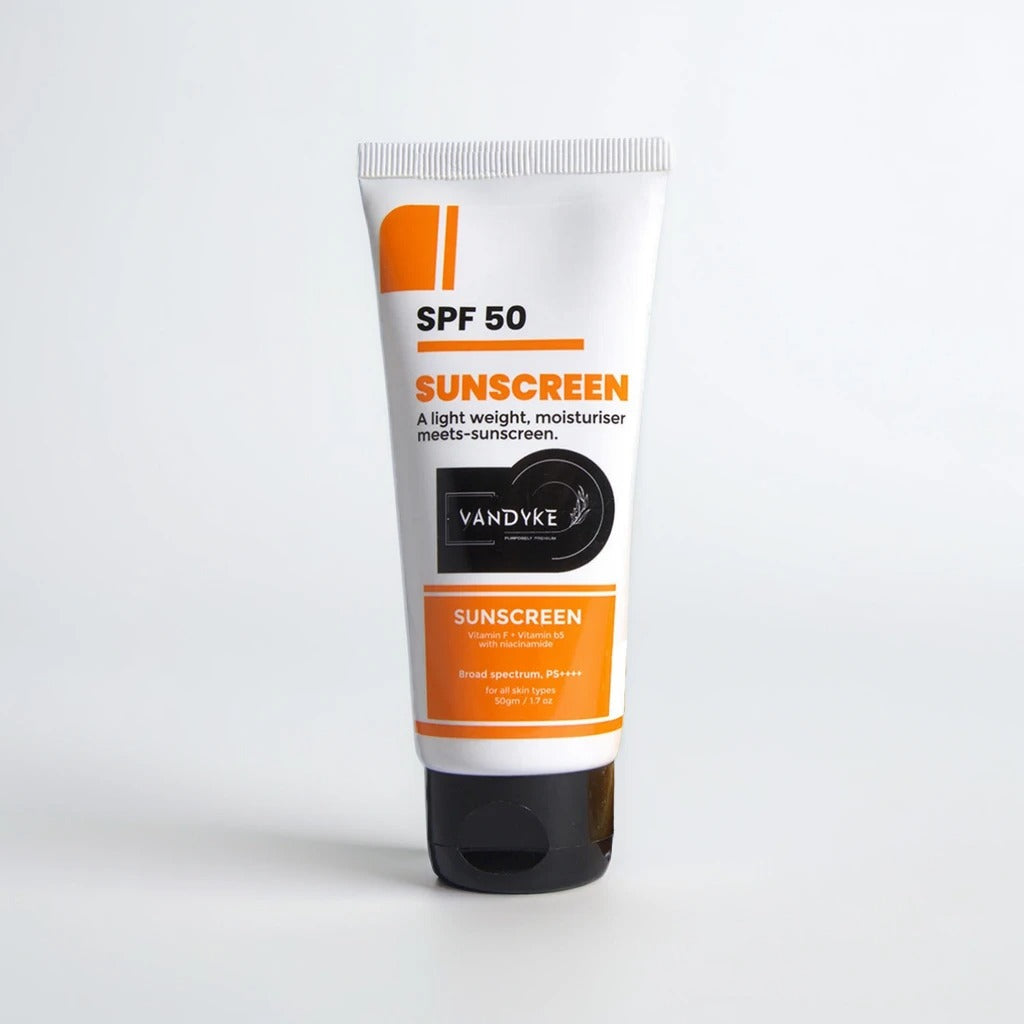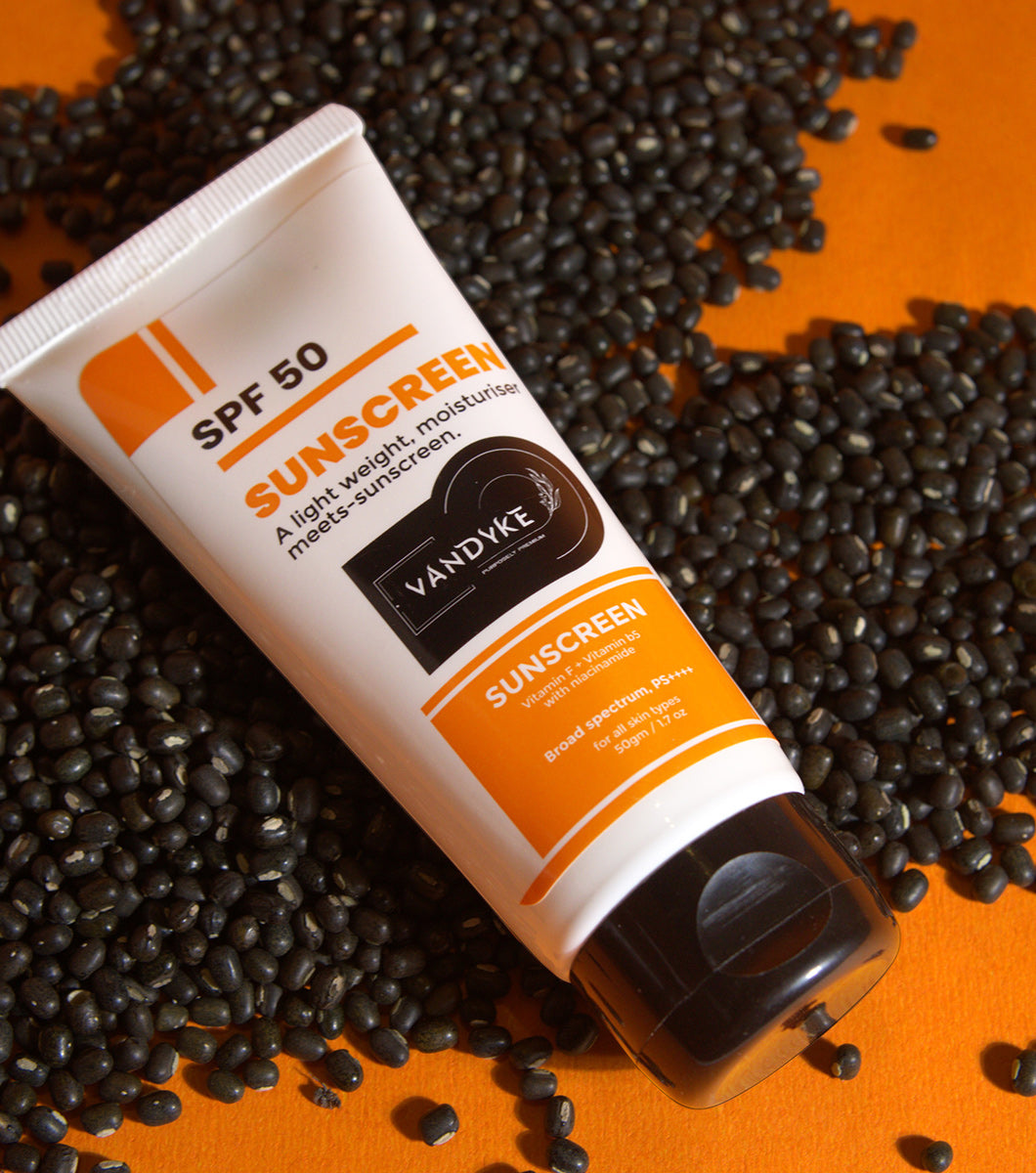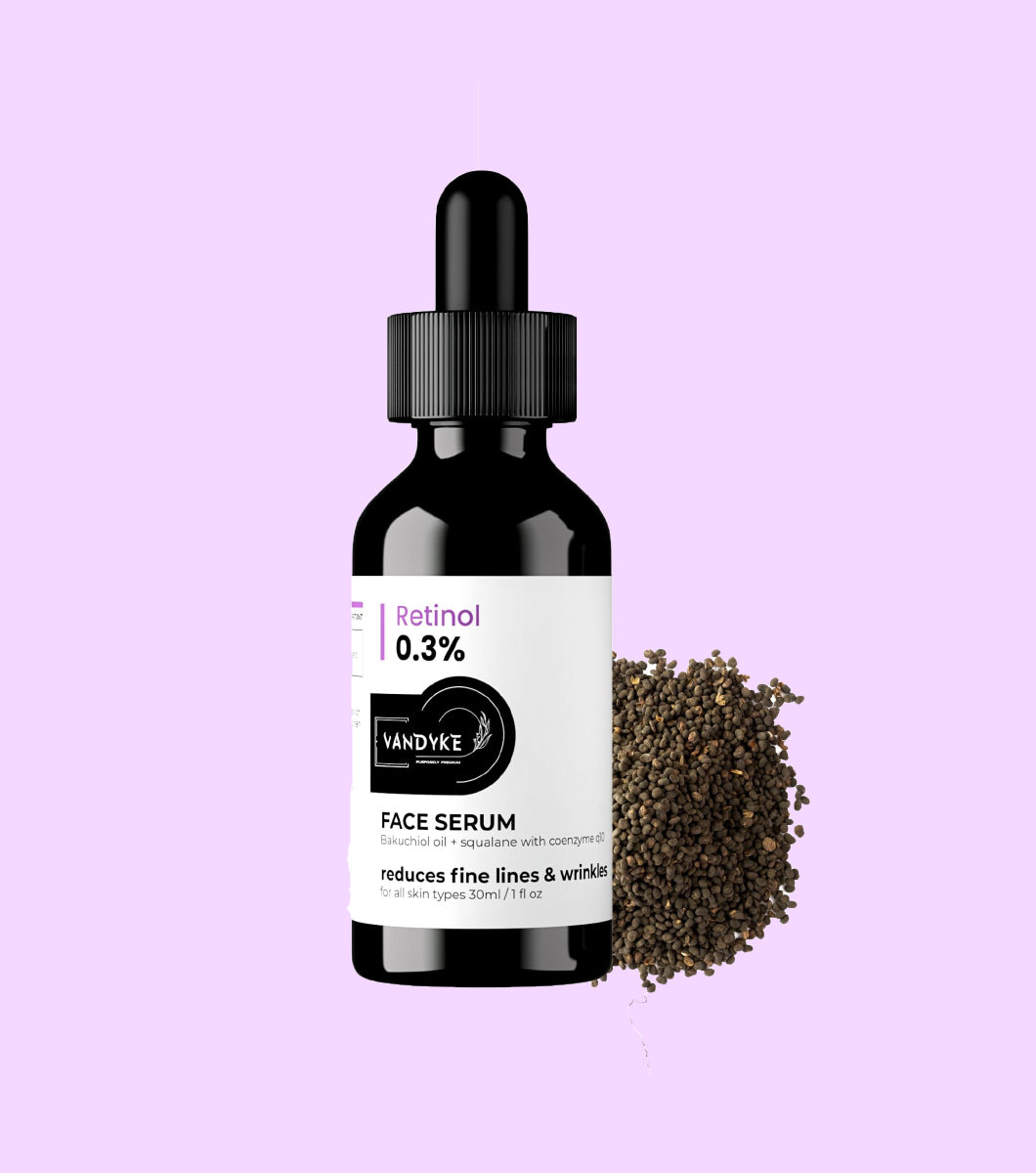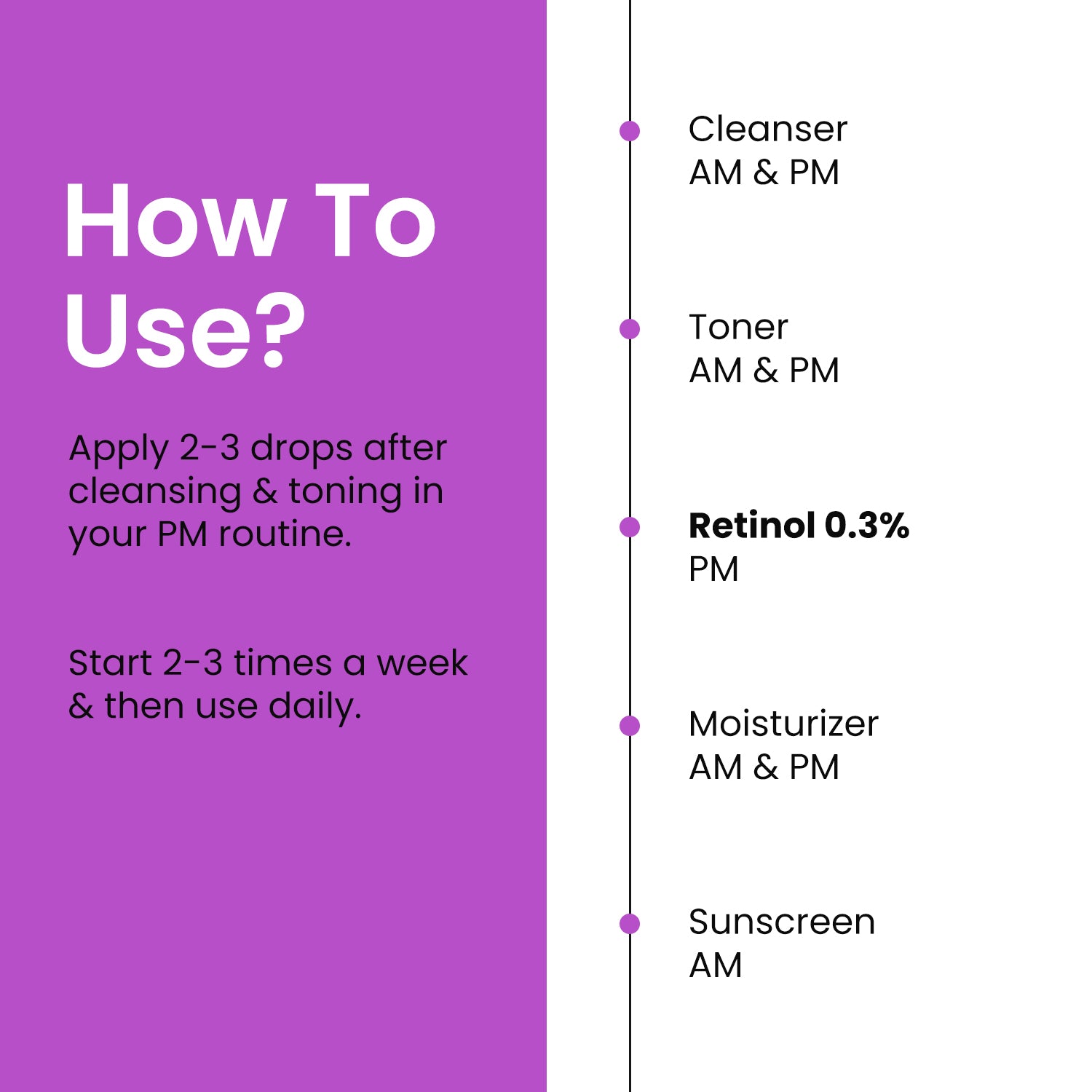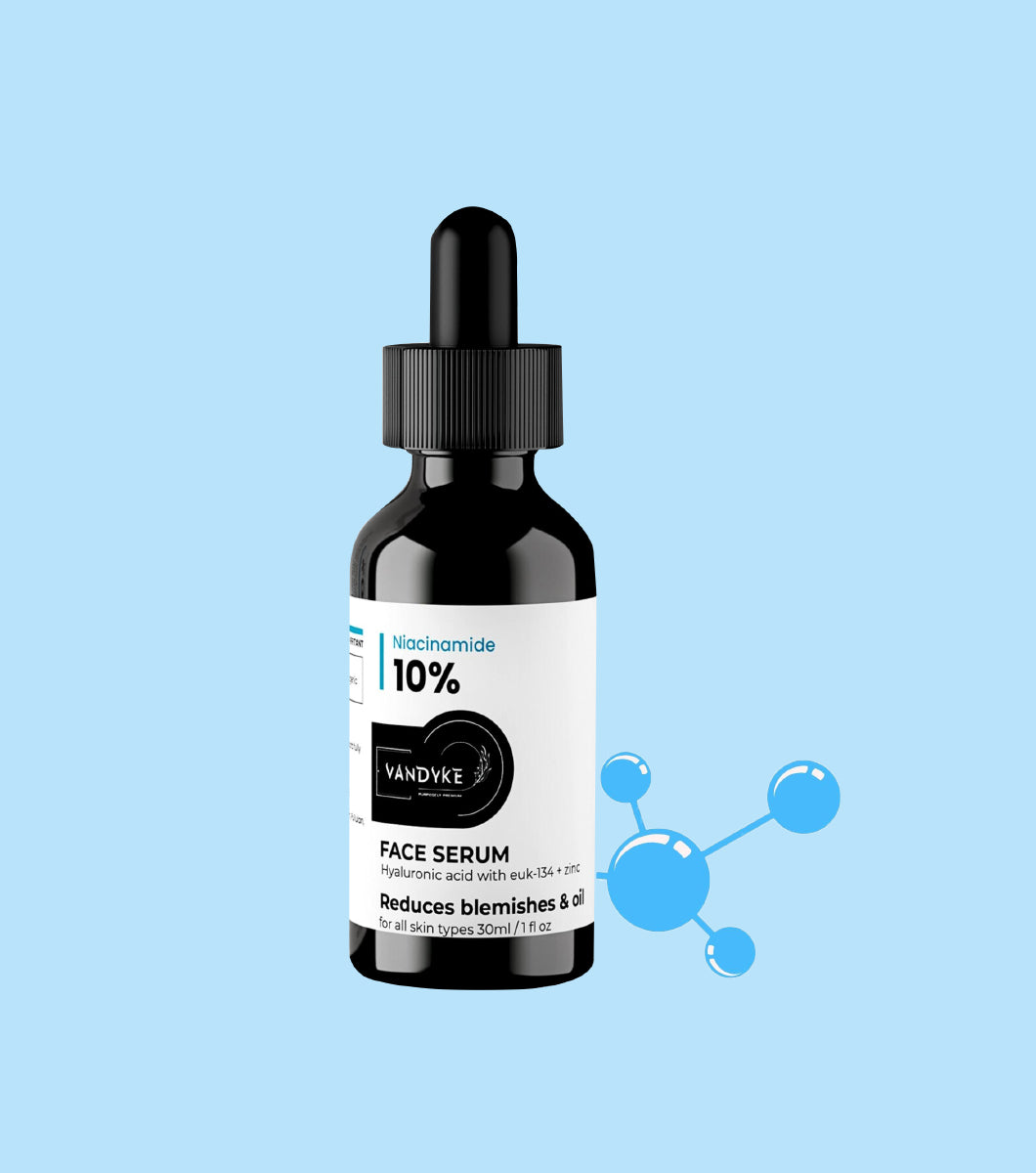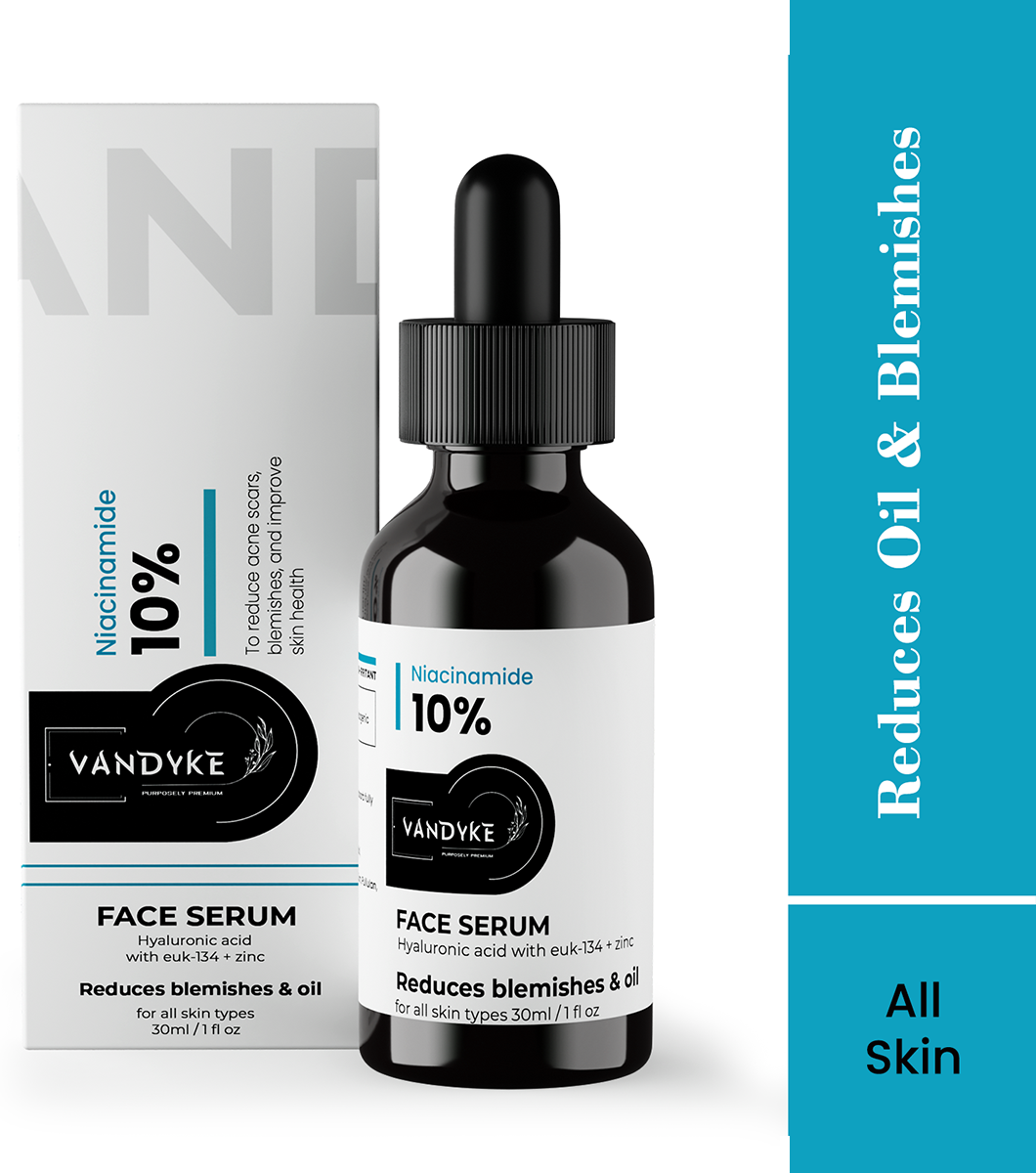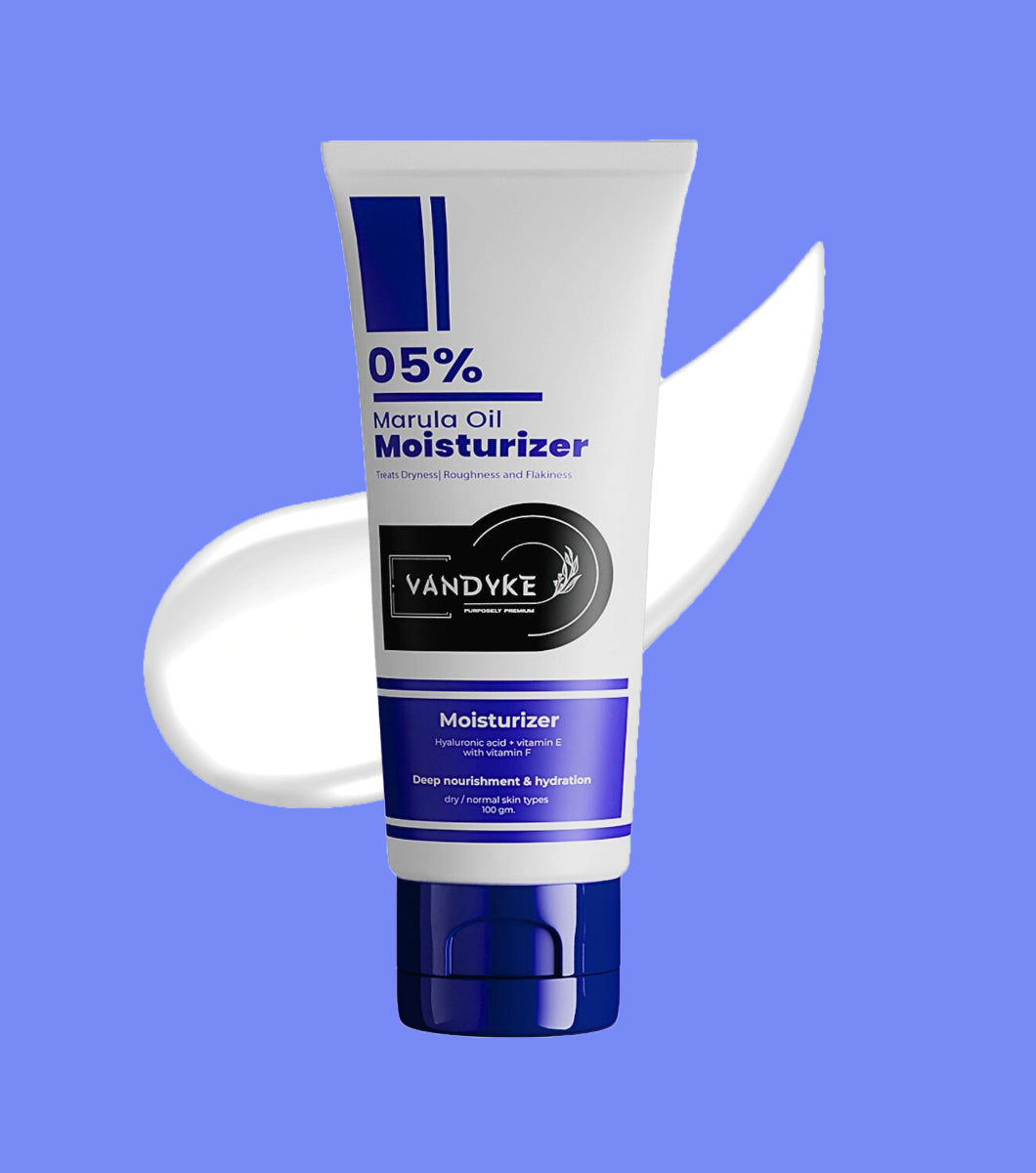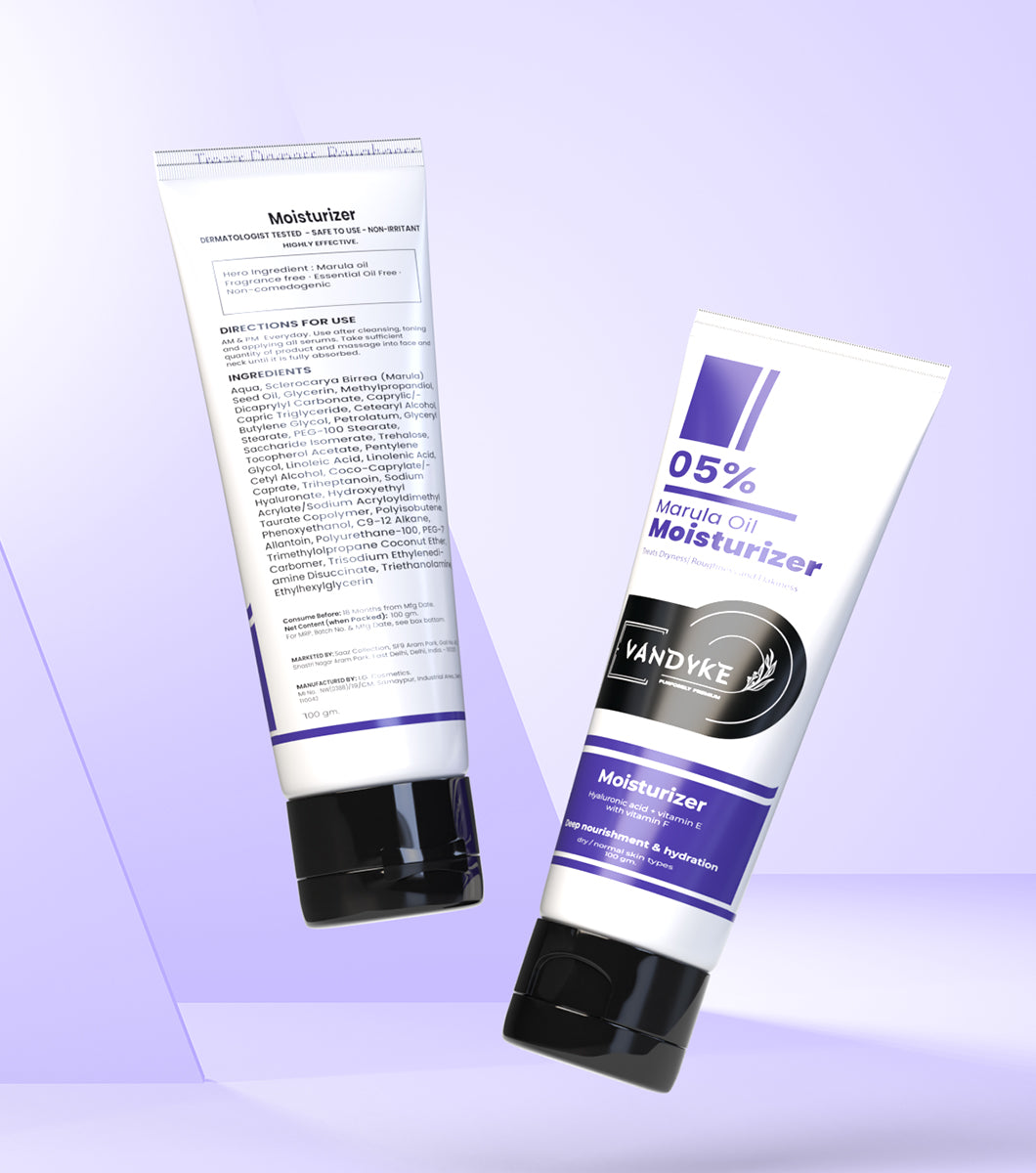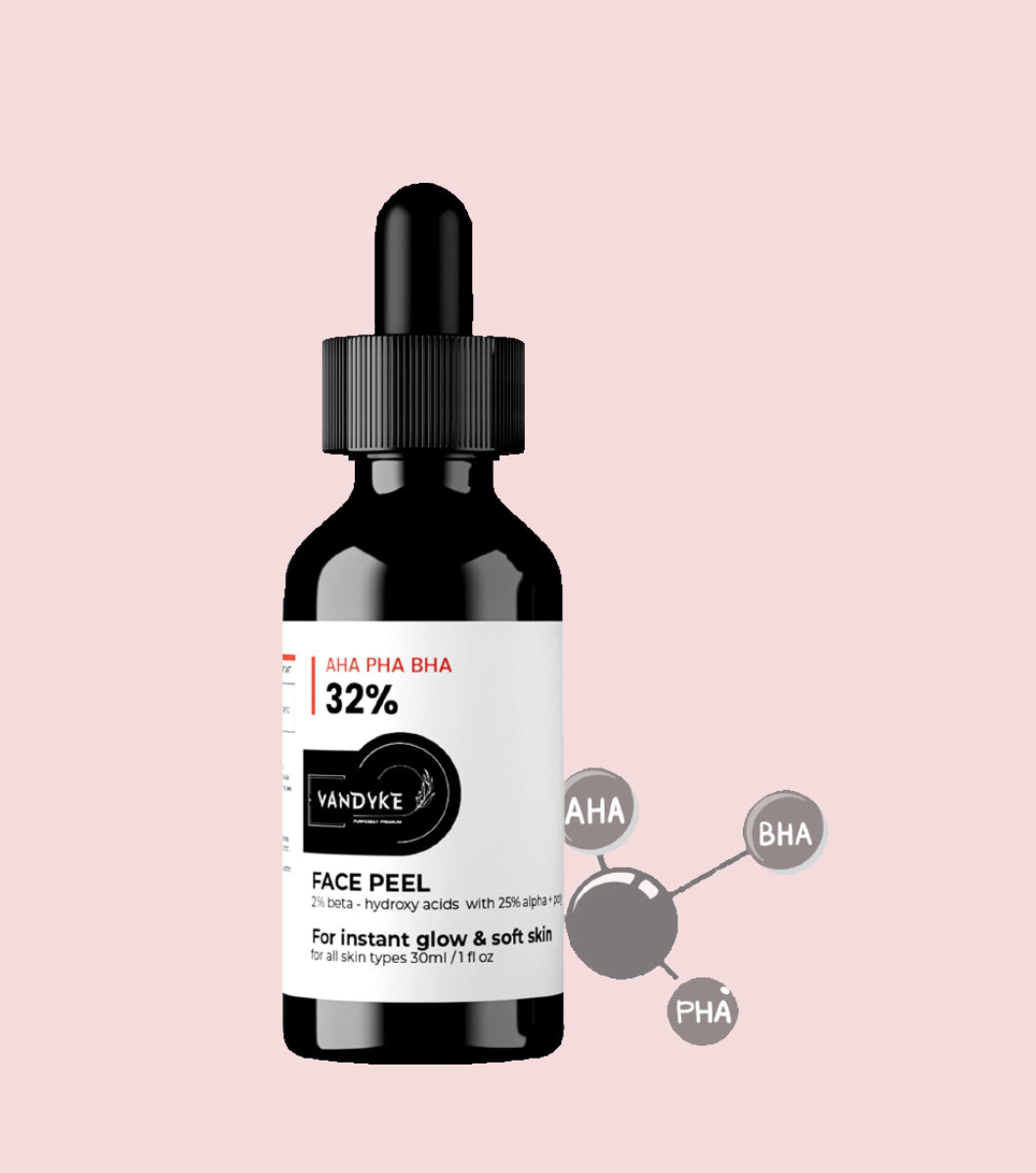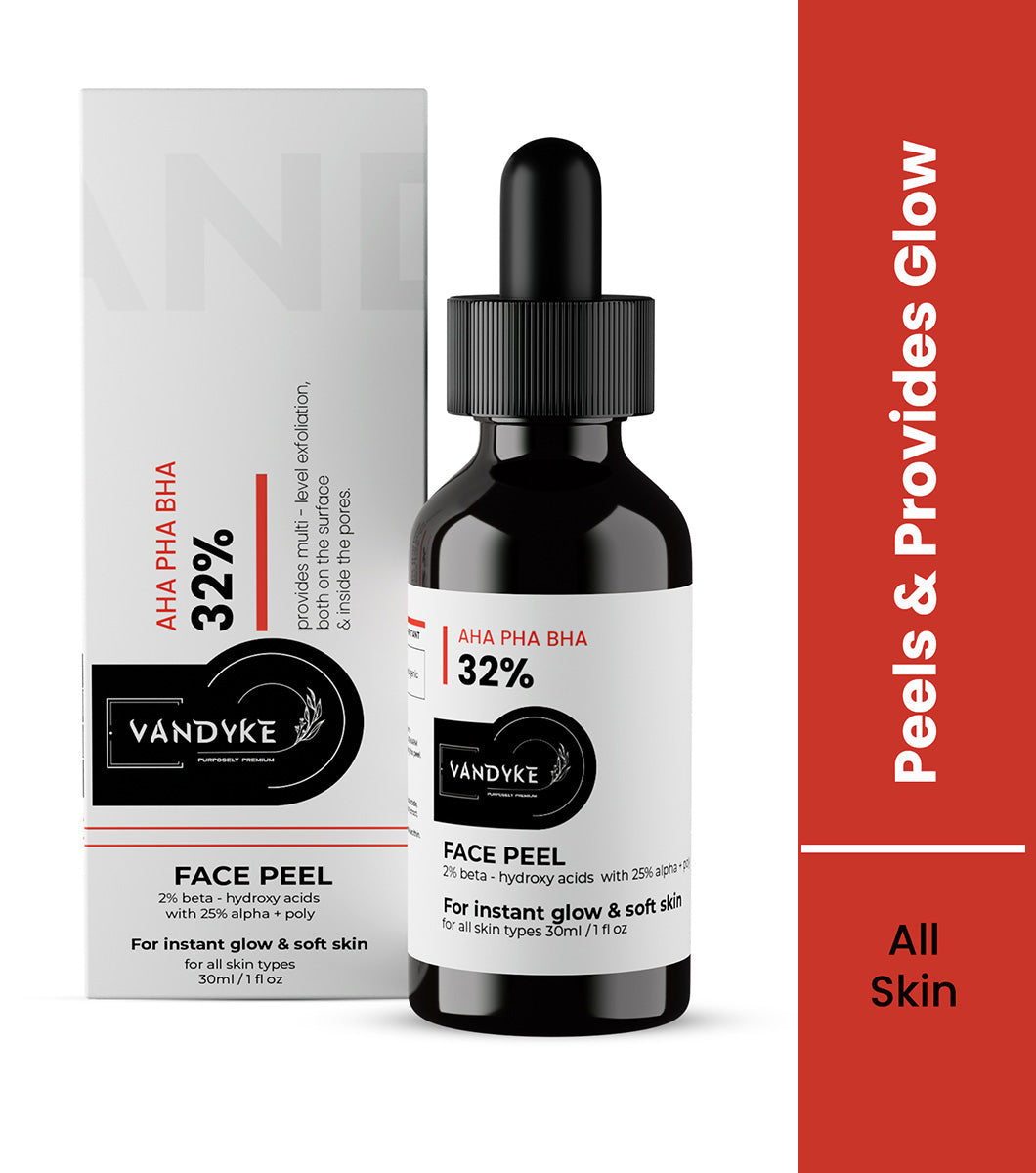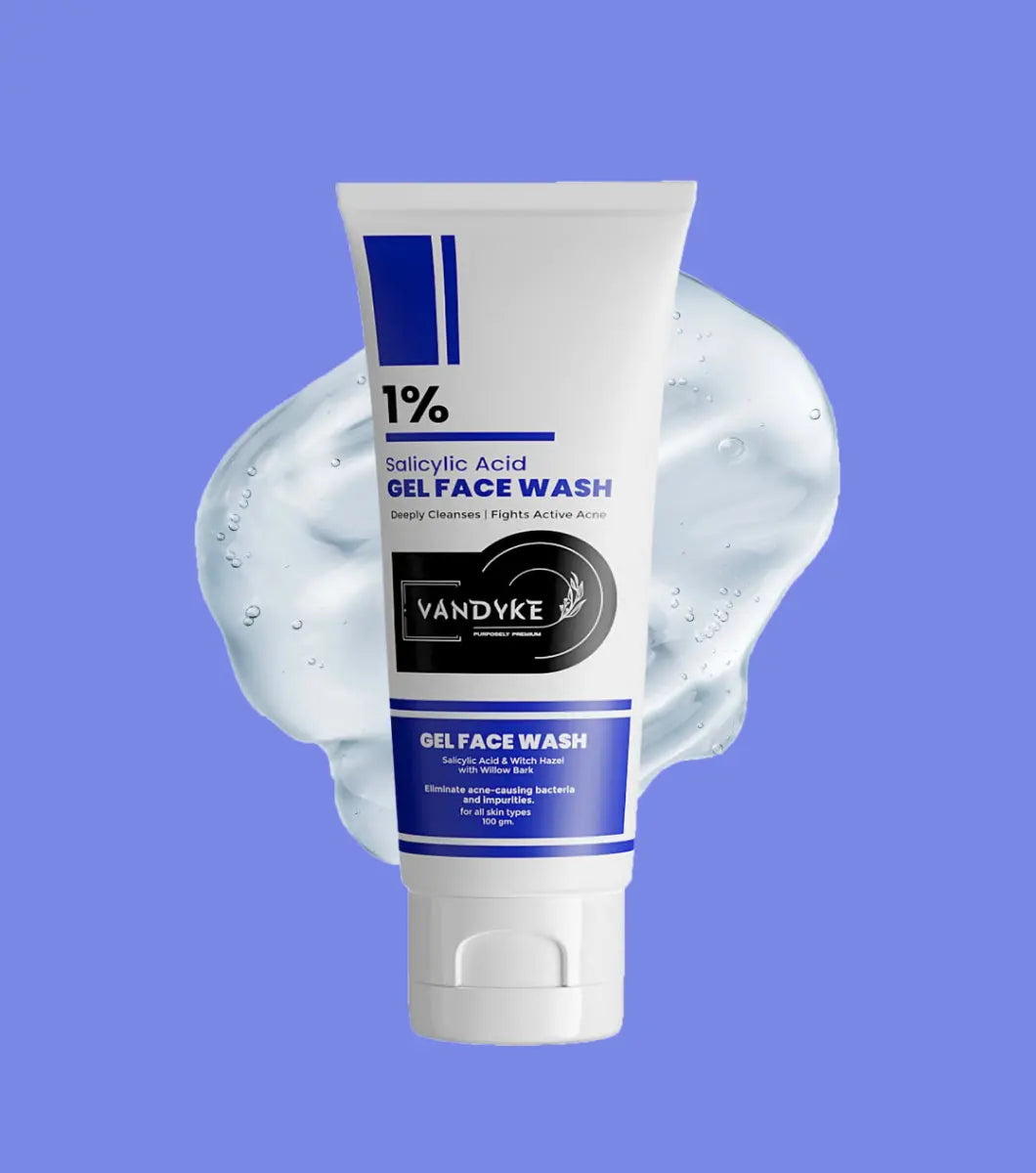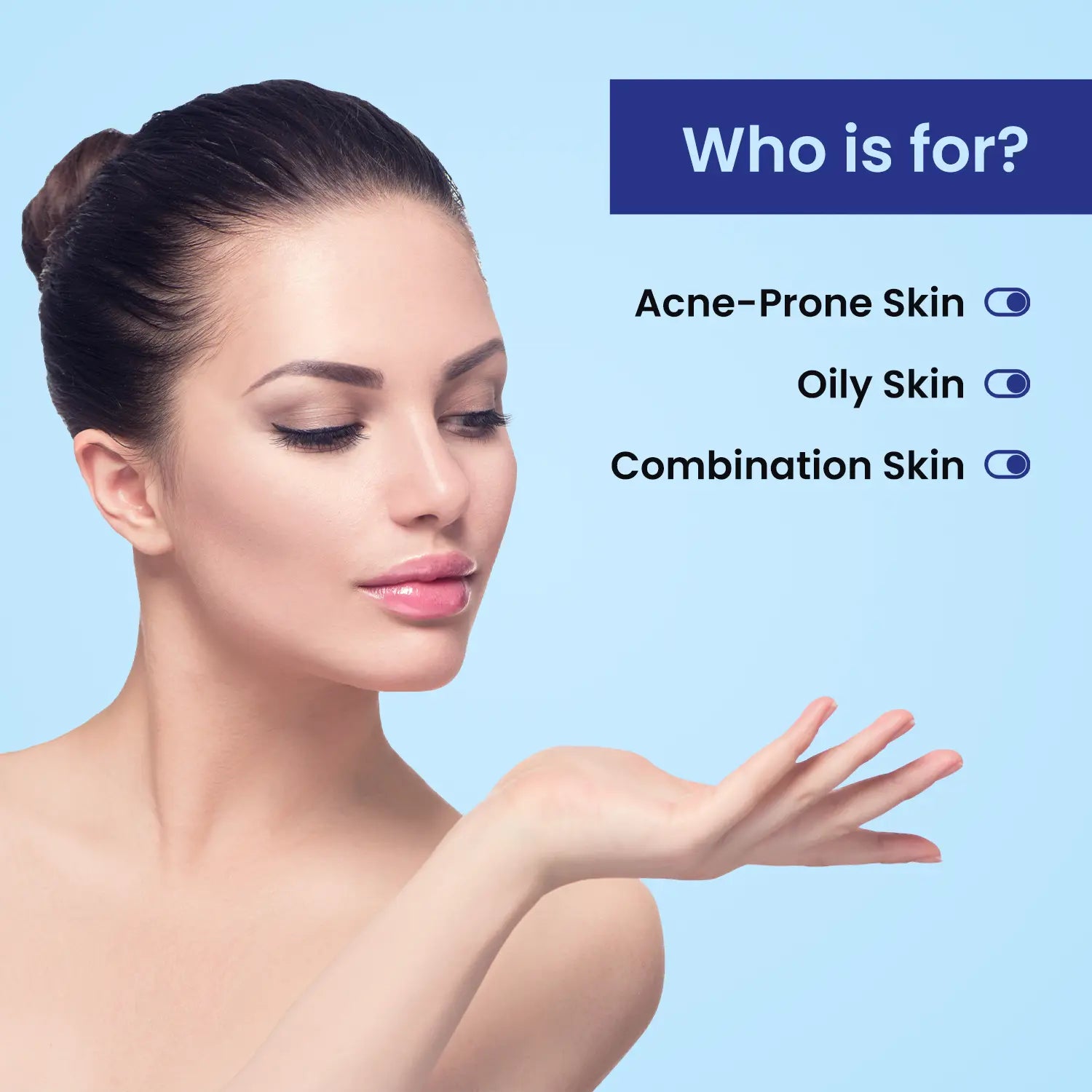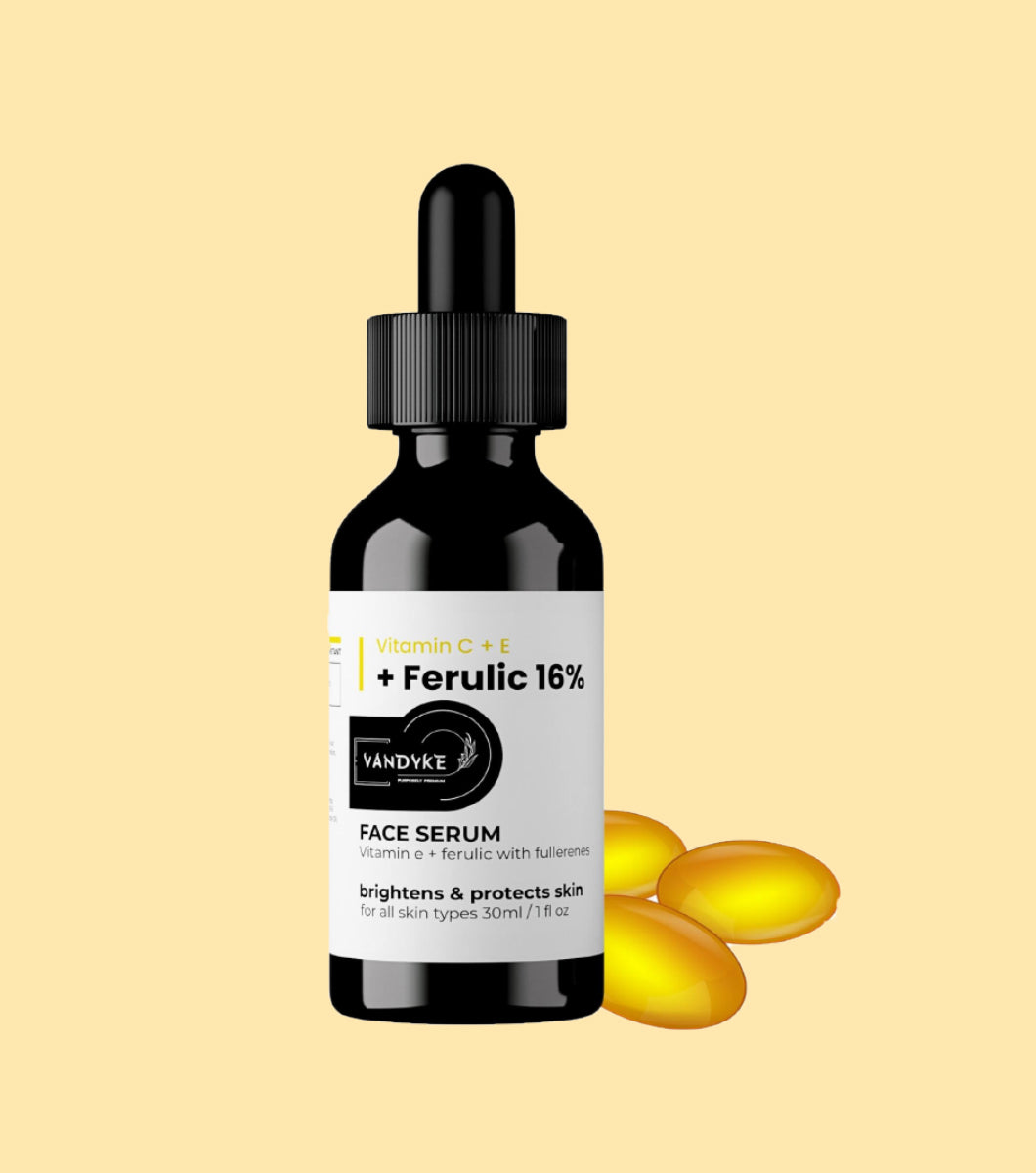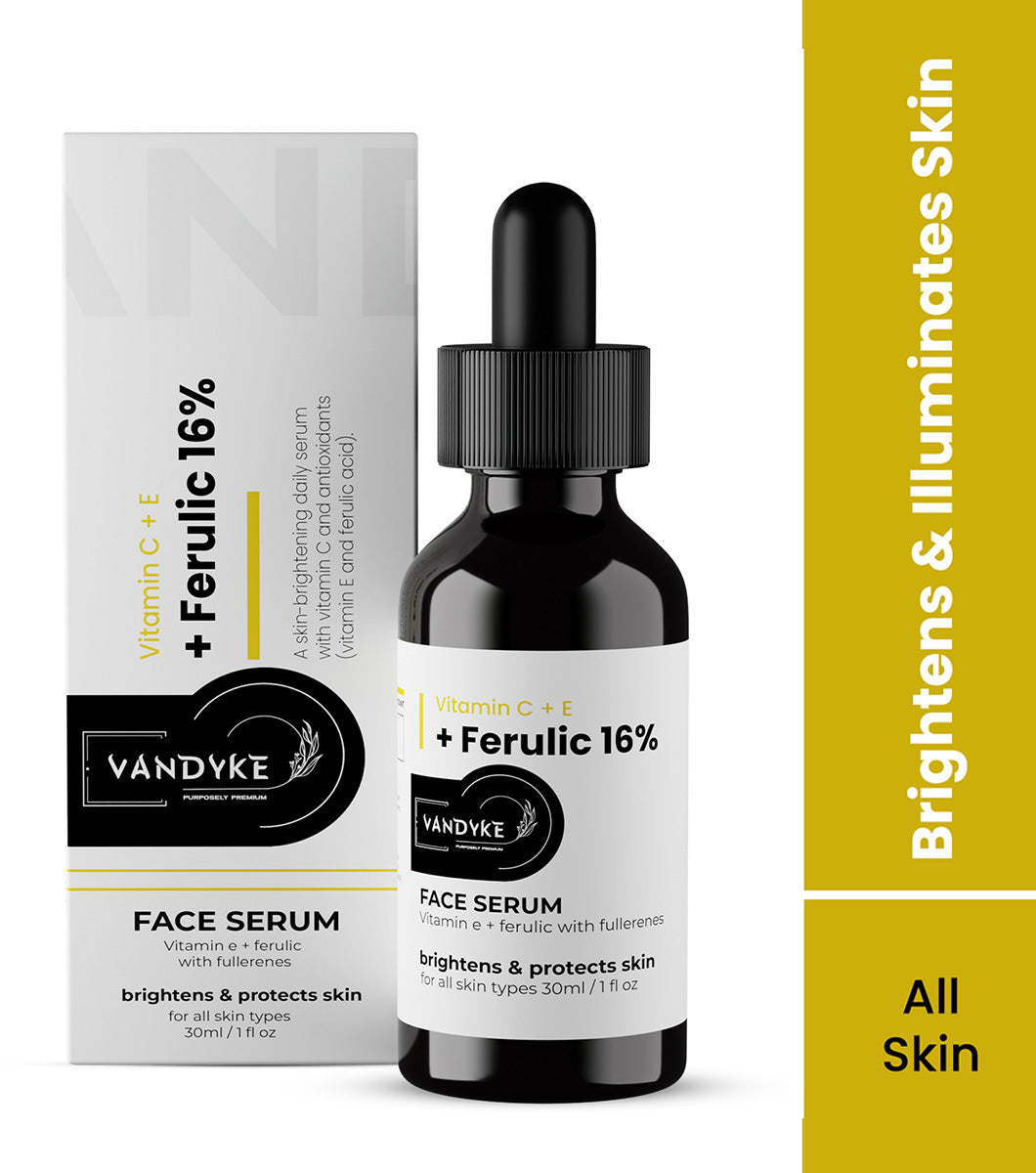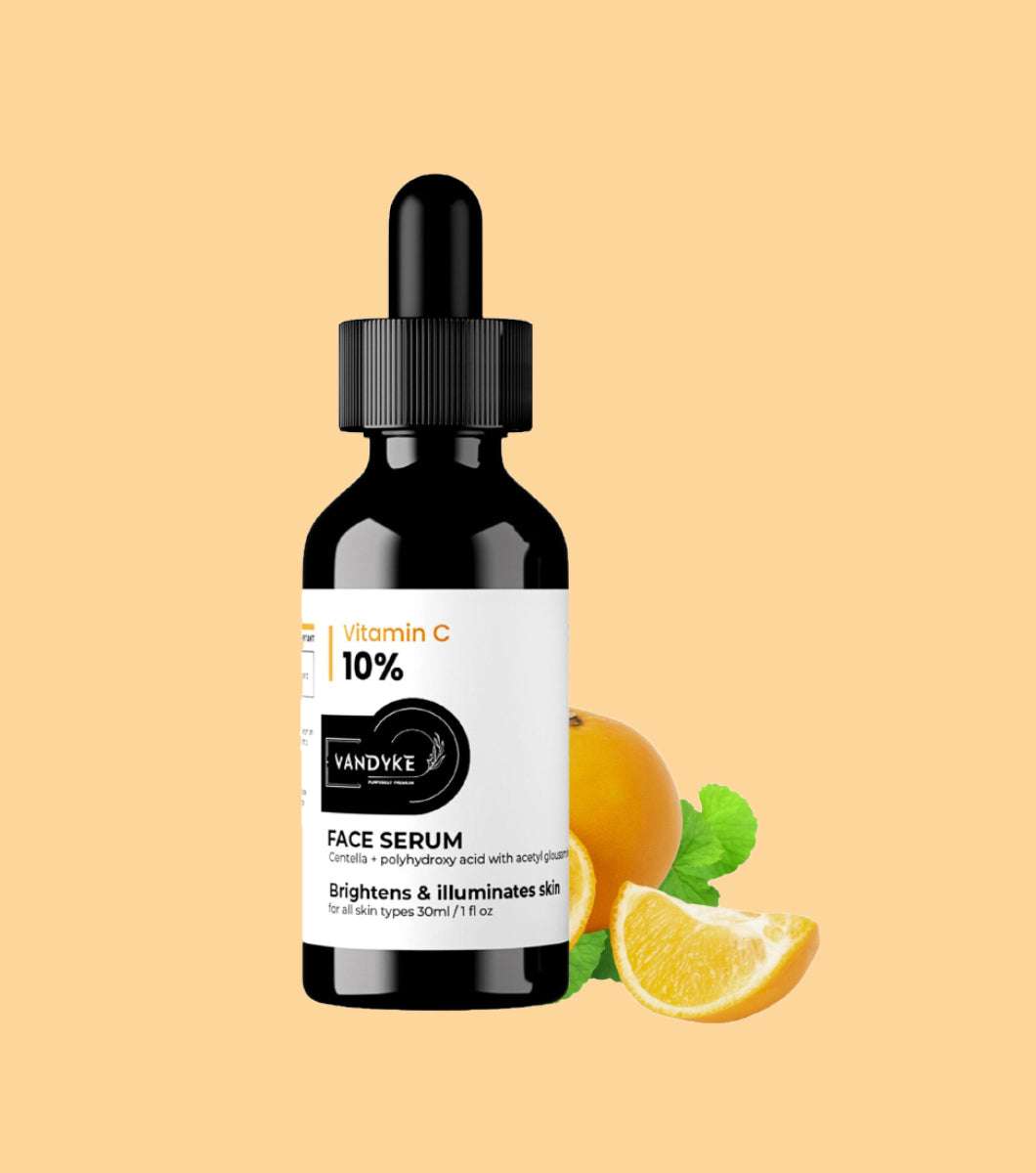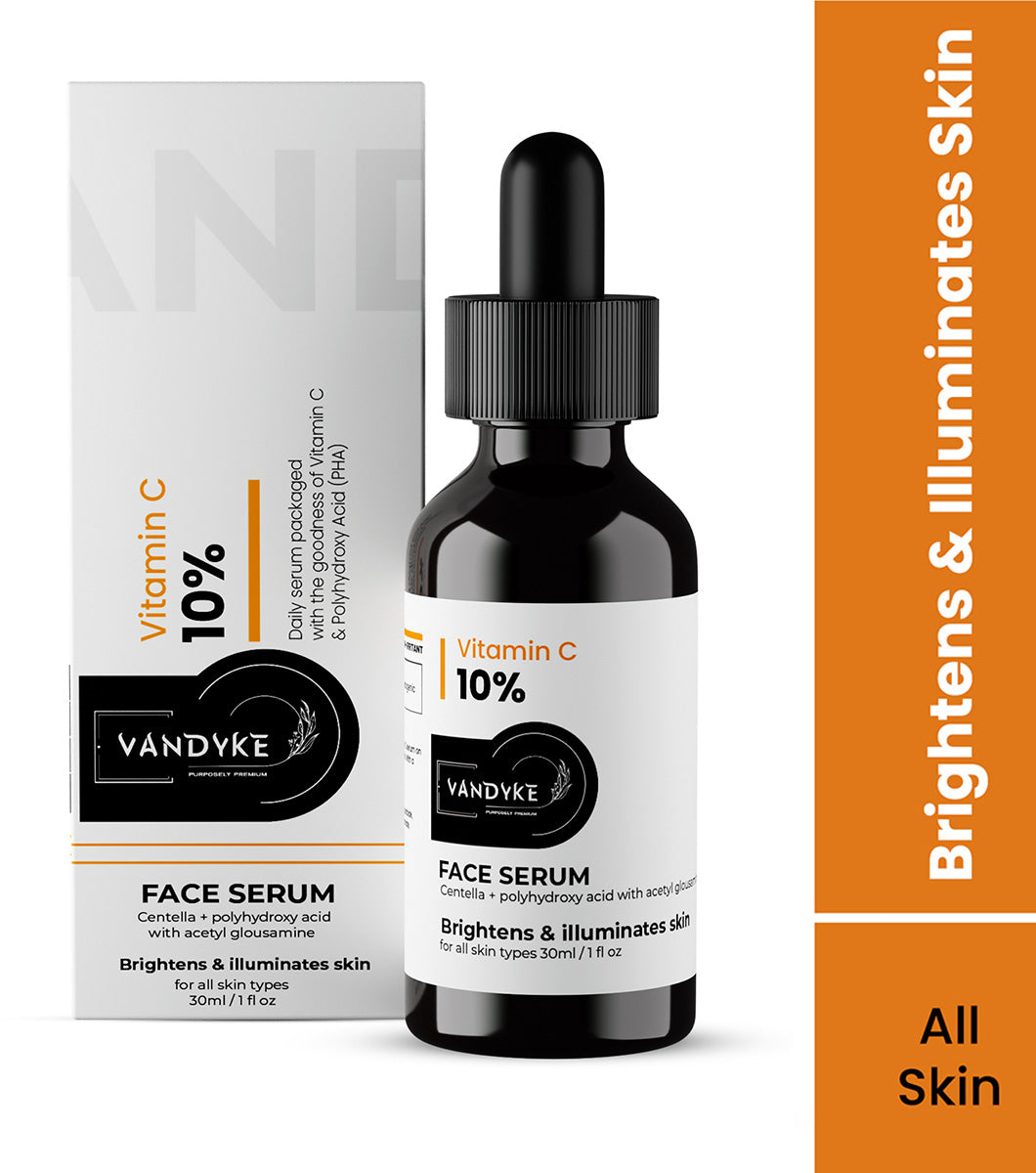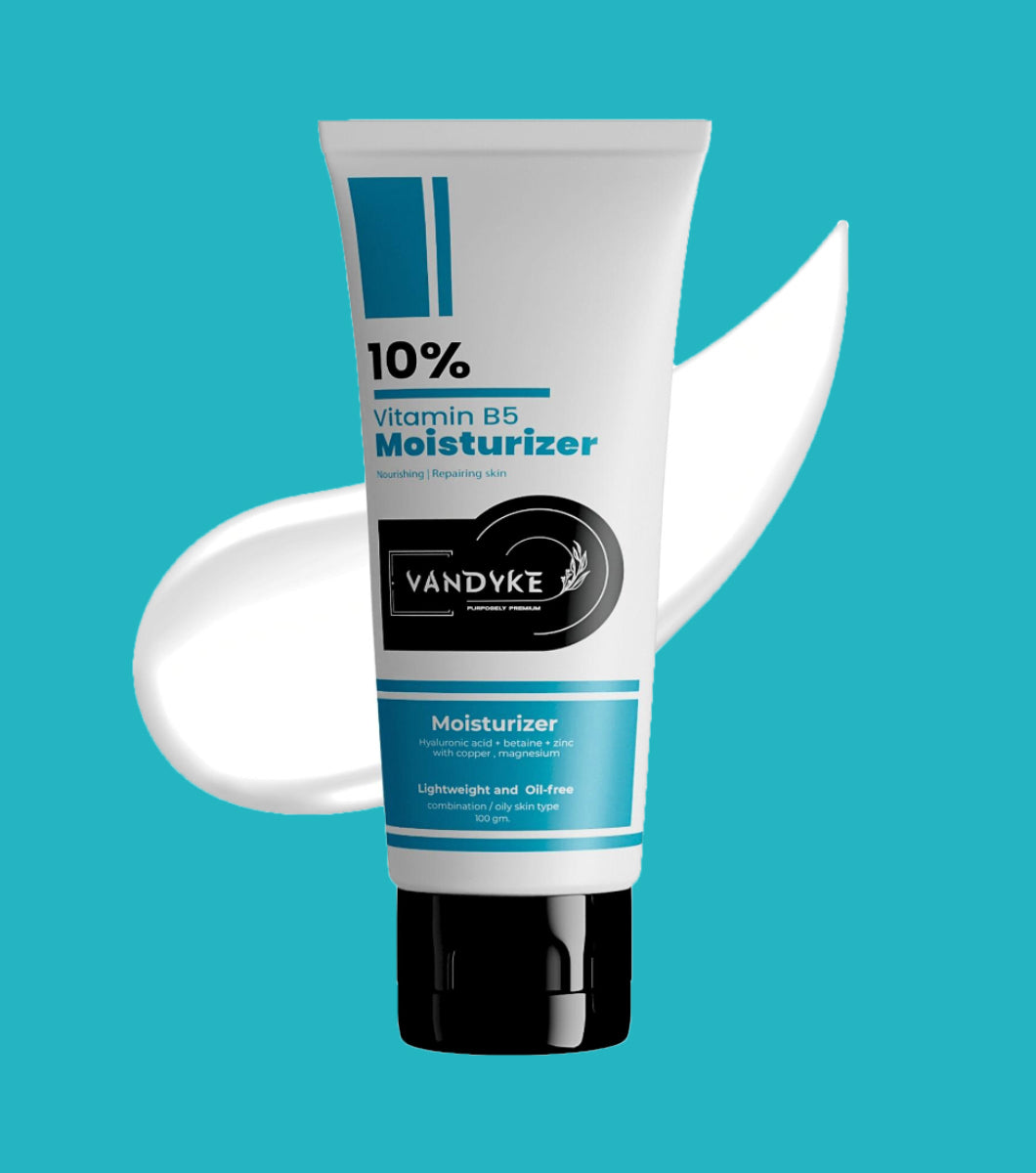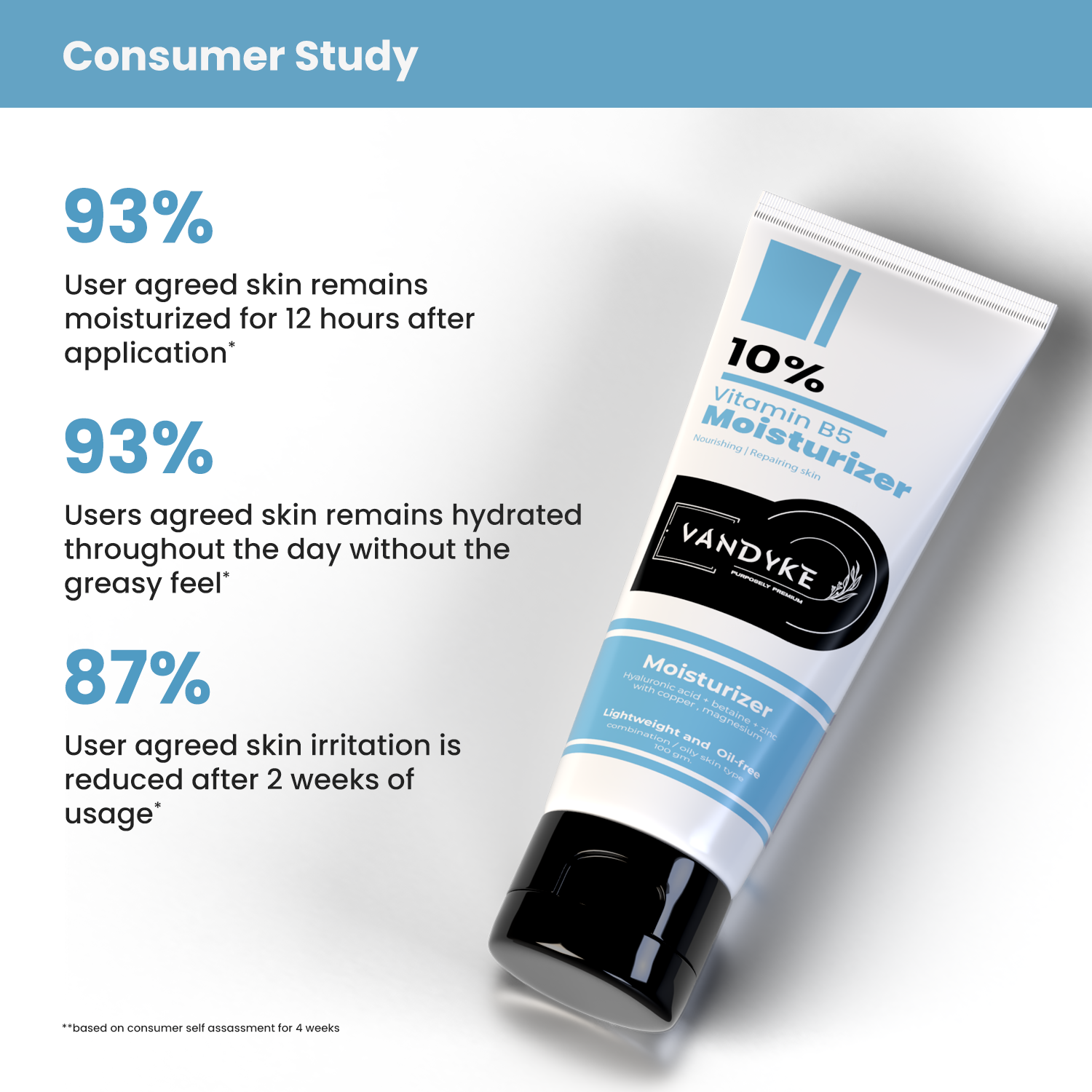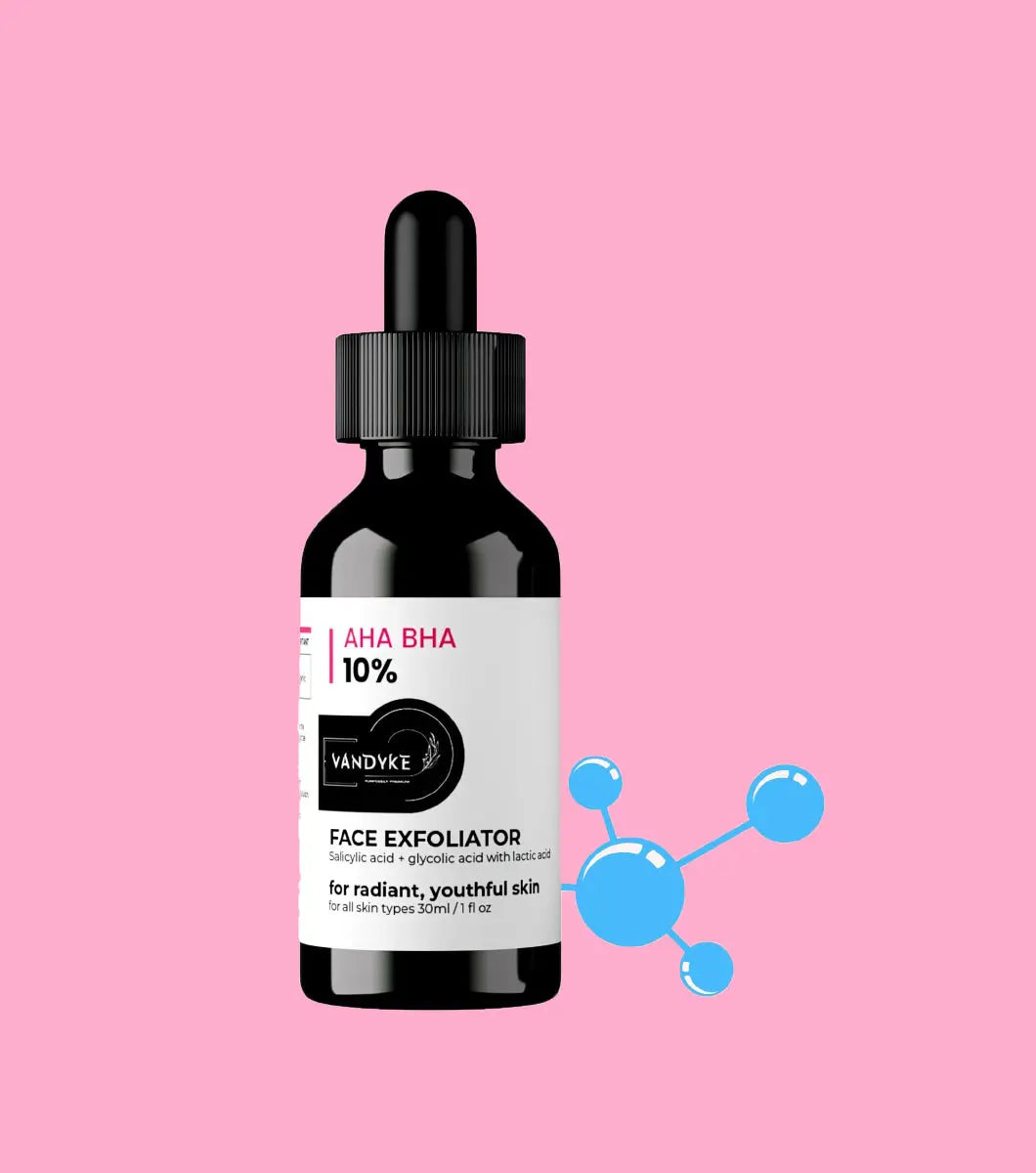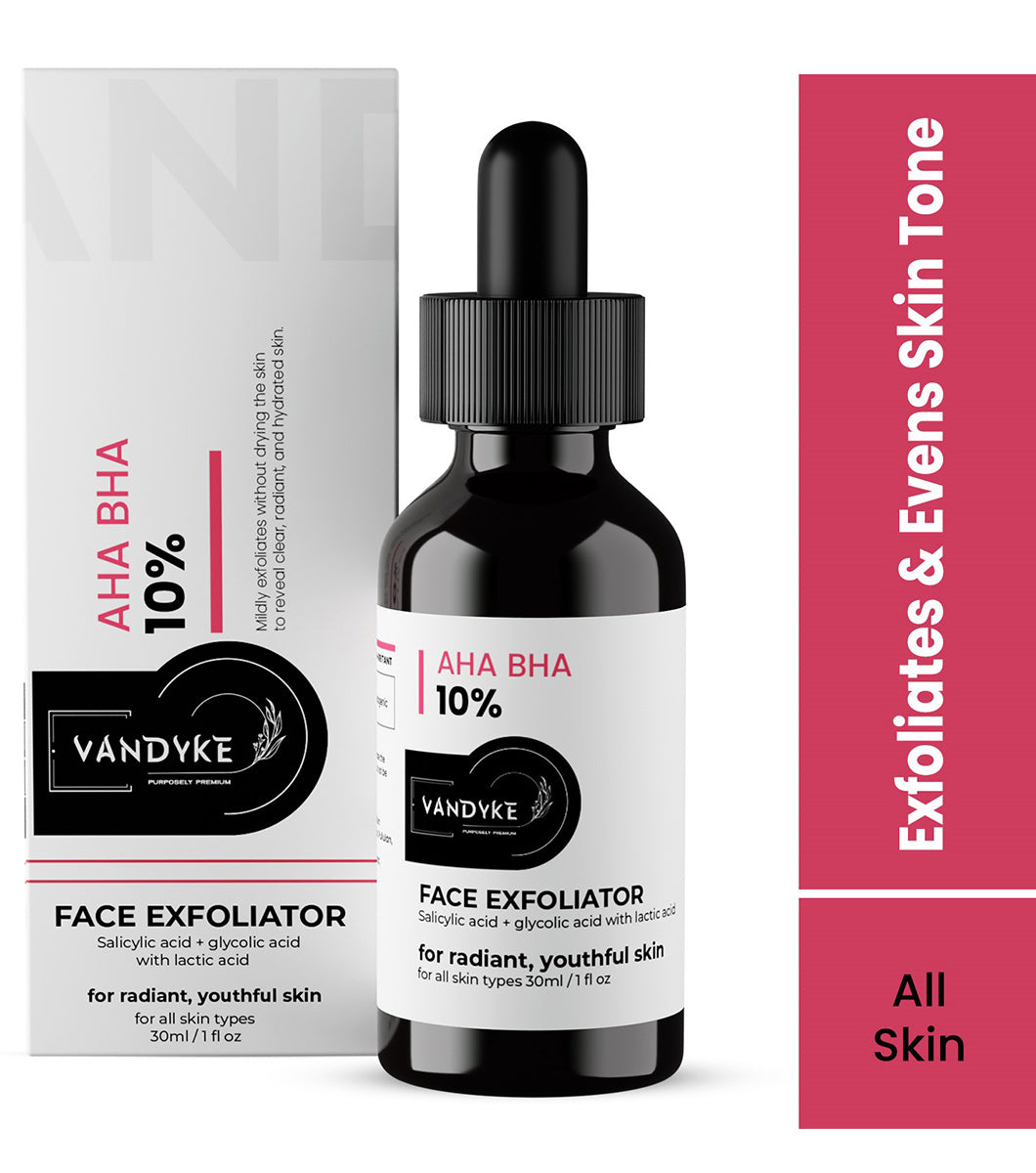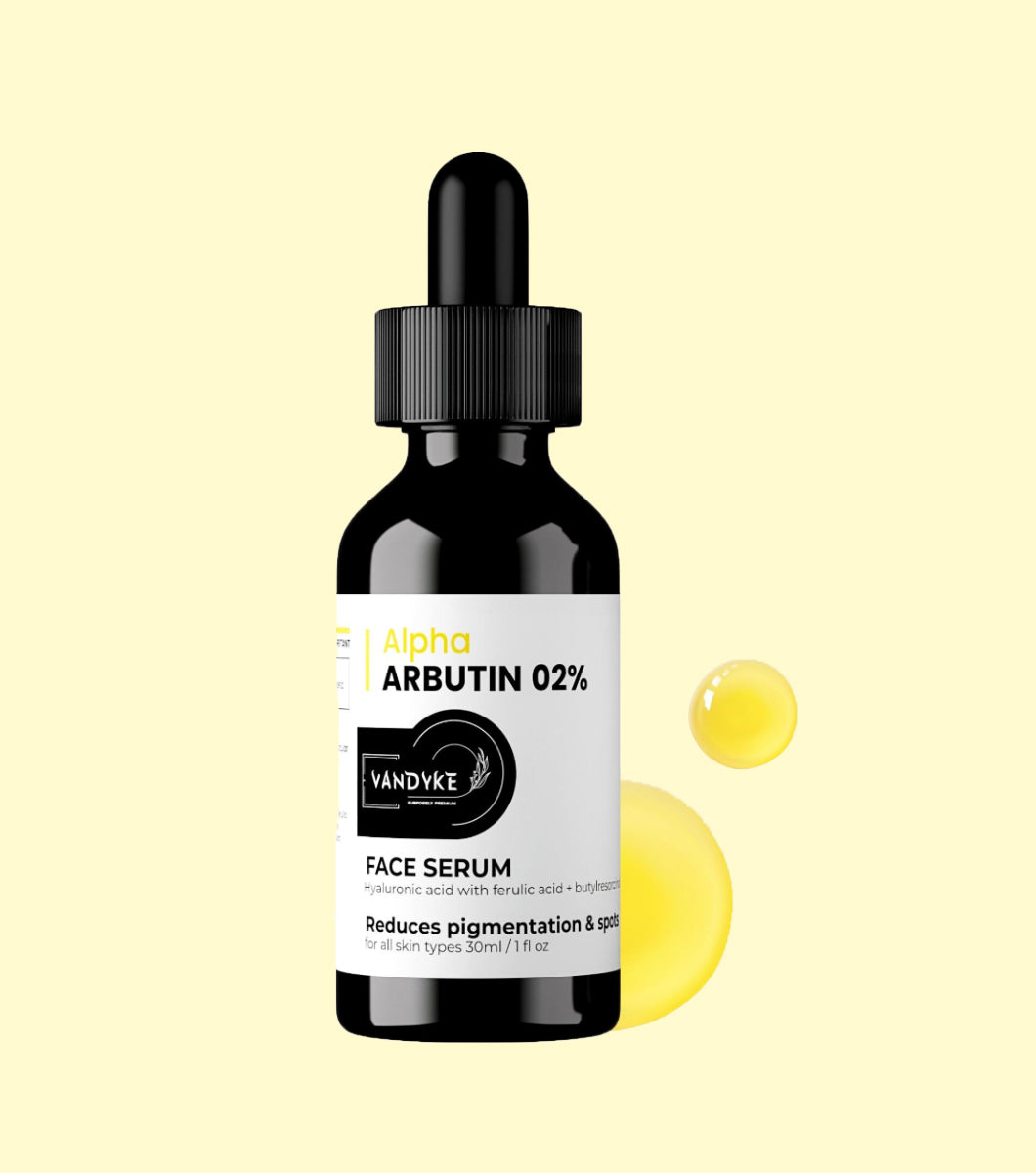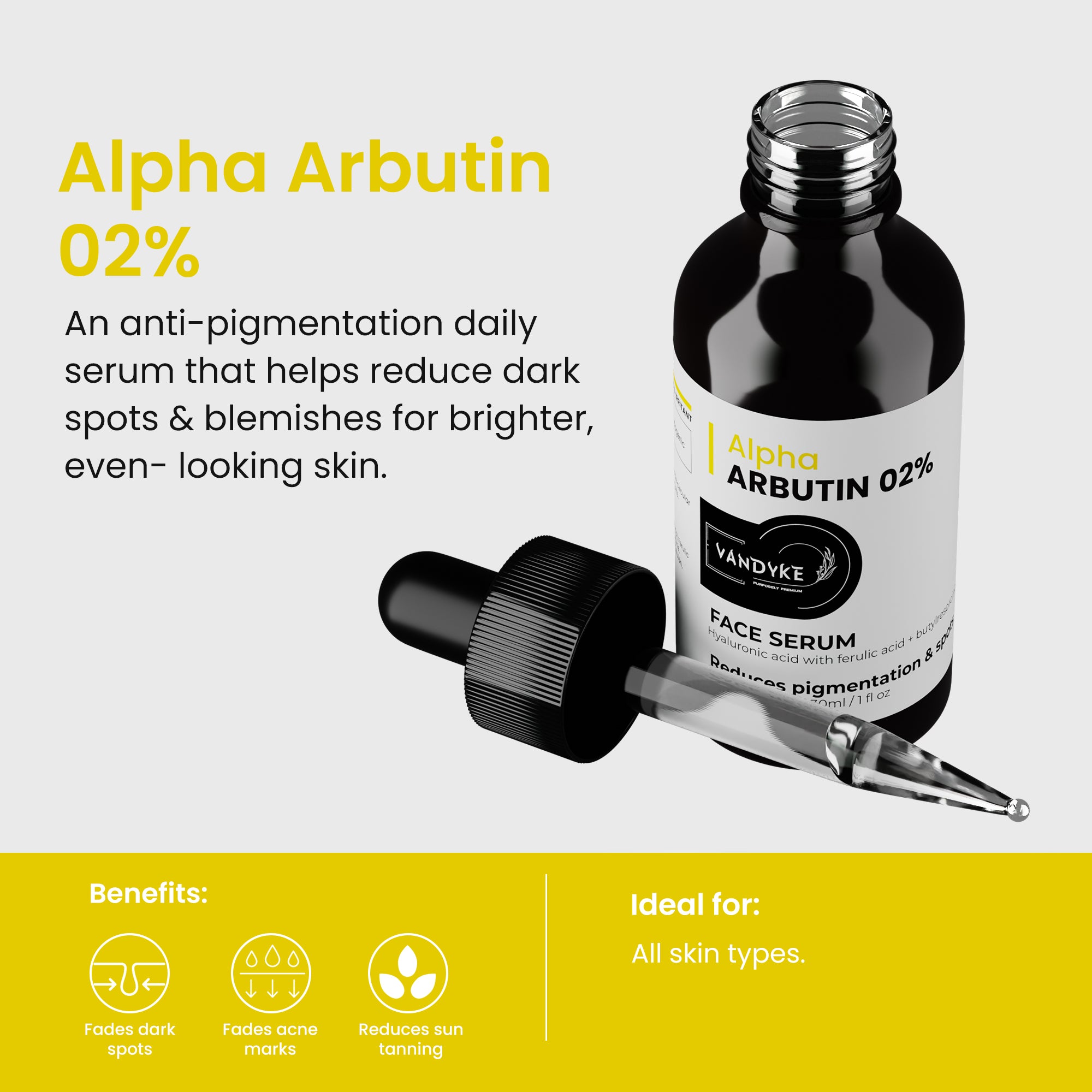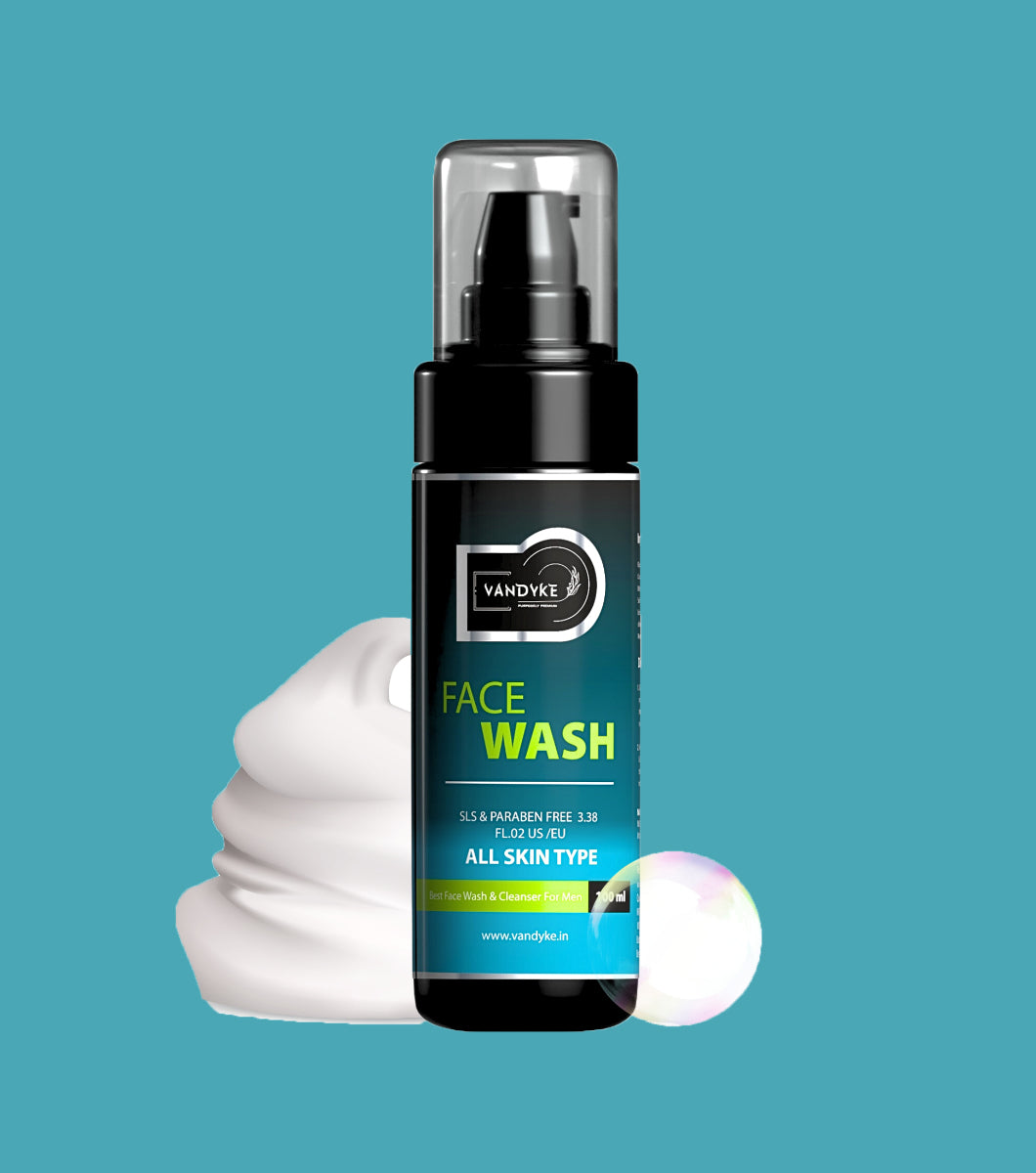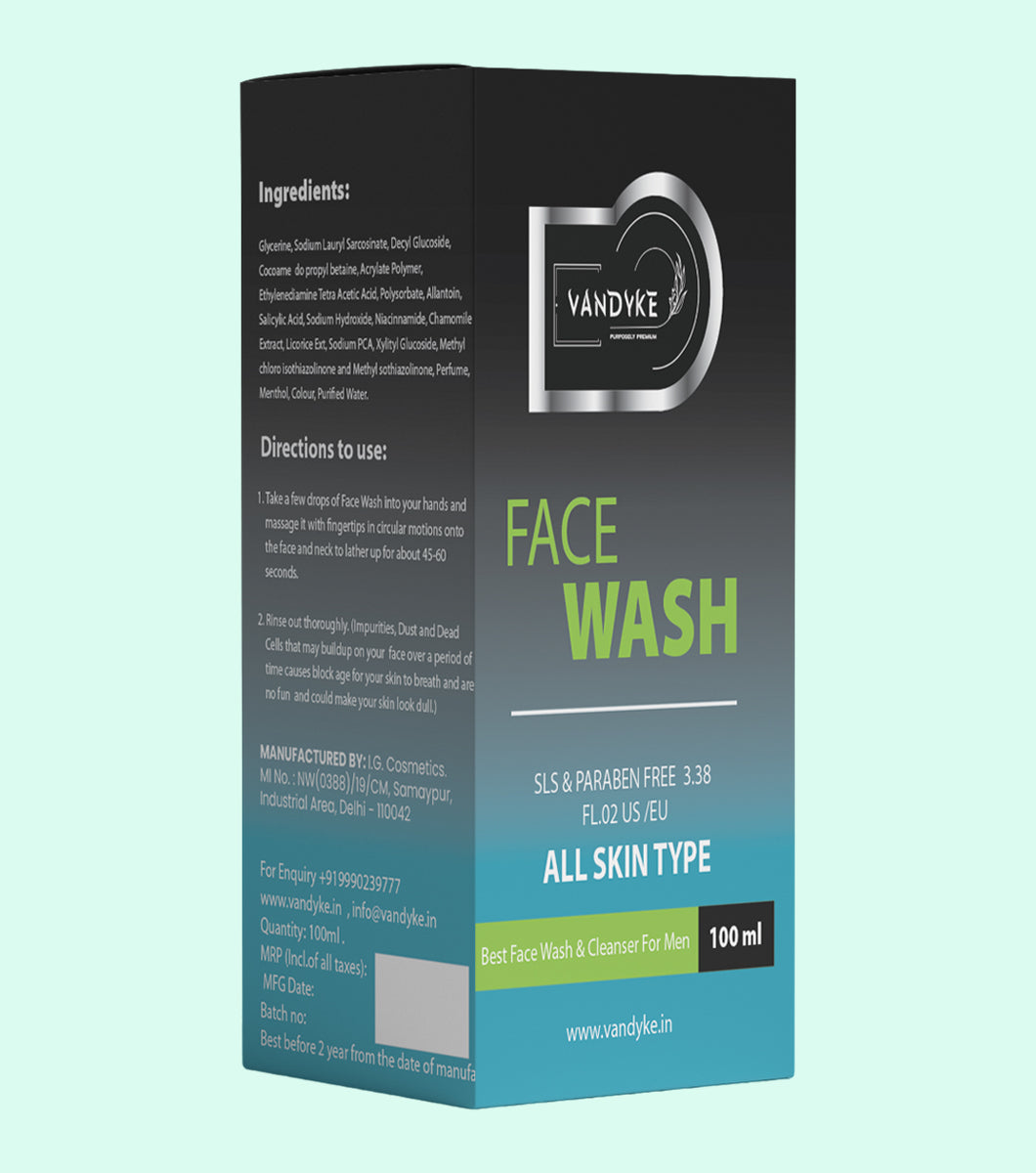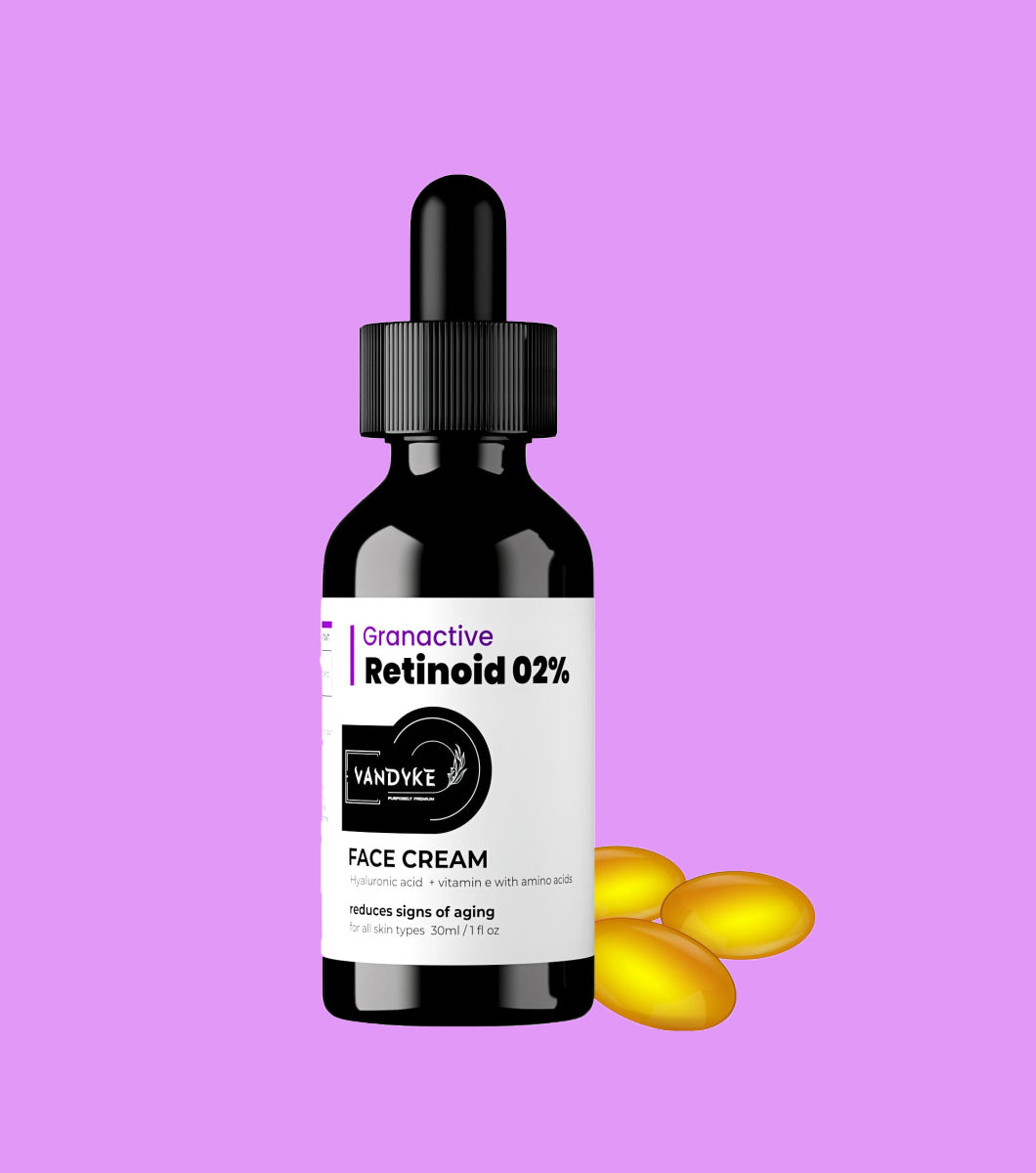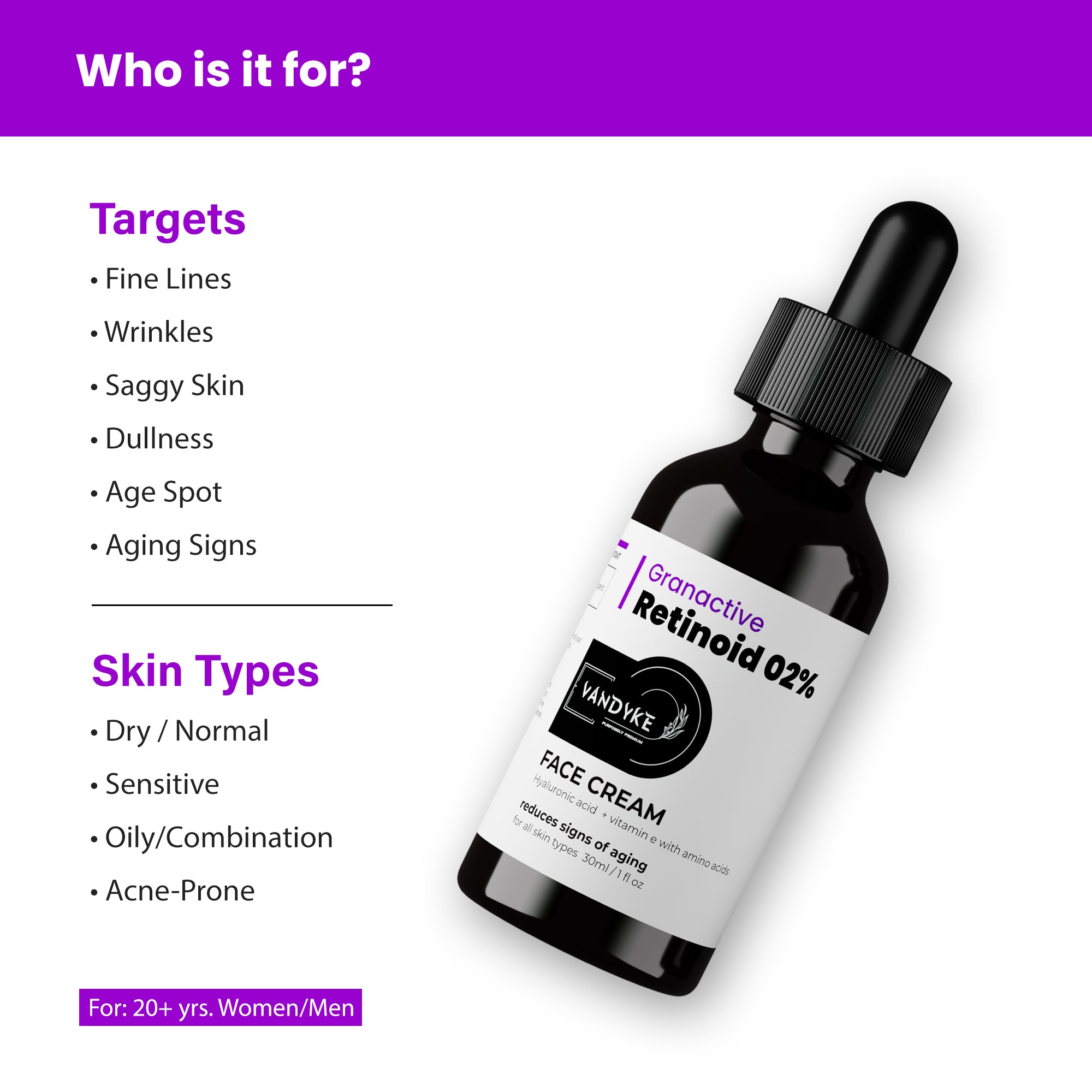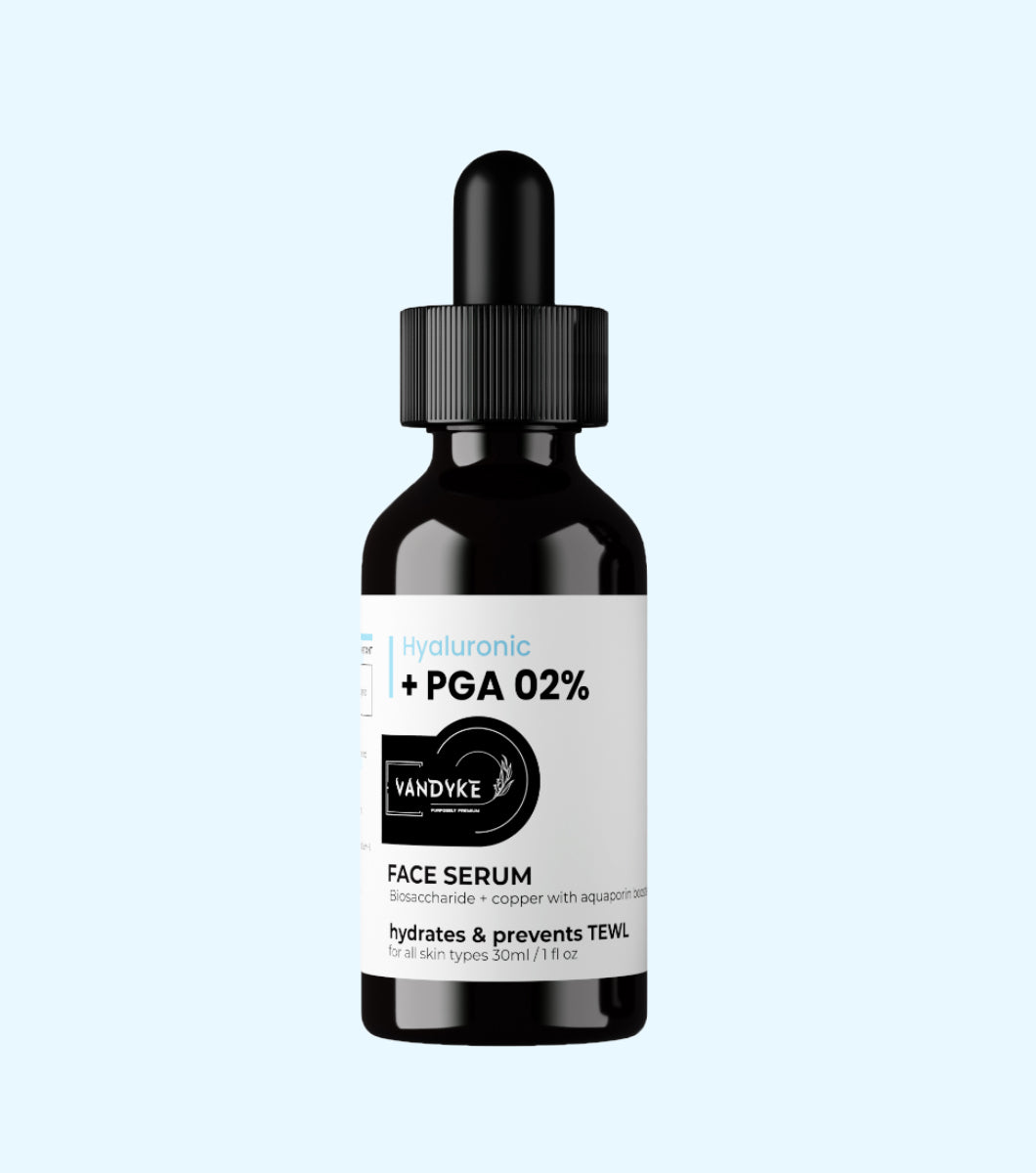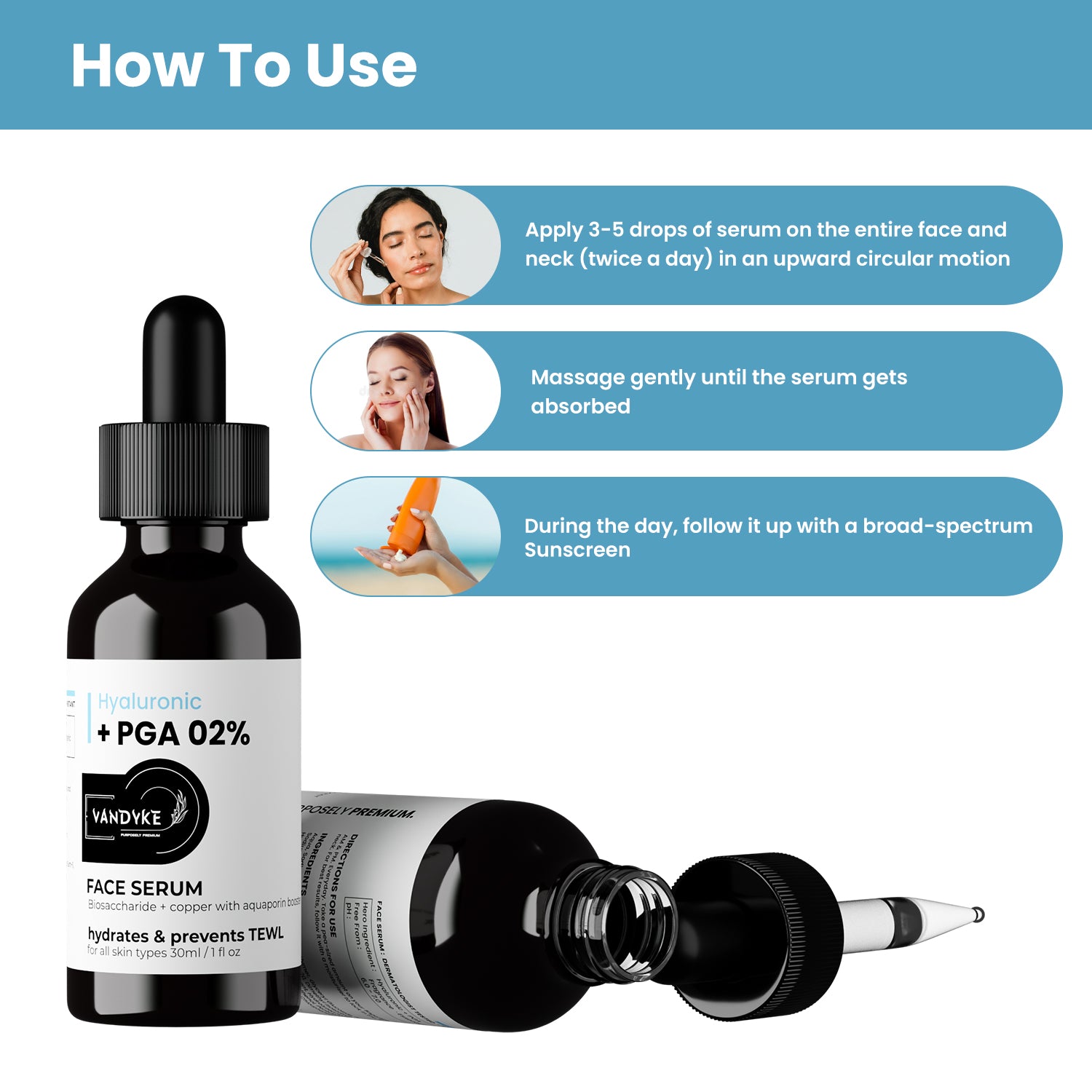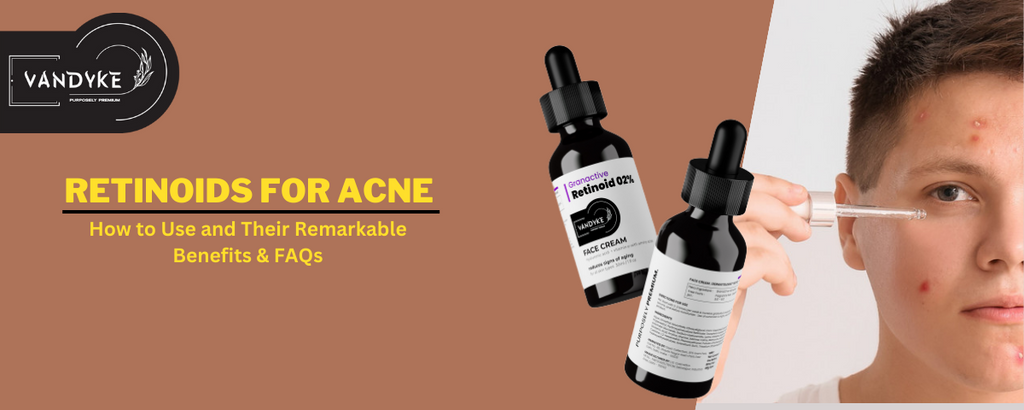
Retinoids for Acne How to Use and Their Remarkable Benefits & FAQs

Retinoids for Acne How to Use and Their Remarkable Benefits & FAQs
Acne, the persistent skin condition that affects millions of people, often leaves those who suffer from it searching for effective solutions. In the world of skincare, one term that has gained significant attention is “retinoids.” These powerful compounds, derived from vitamin A, have become renowned for their ability to combat acne and enhance overall skin health. In this comprehensive guide, vandyke will explore what retinoids are, how to use them effectively, and the multitude of advantages they offer for those seeking to banish pimples, blackheads, and scars.
What are Retinoids?
Before we delve into the benefits and usage of retinoids for acne, it’s crucial to understand what these compounds are and the different forms they come in:
- Retinol
This is the milder, over-the-counter form of retinoid. Retinol gradually converts to the active form, retinoic acid, in the skin.
-
Retinaldehyde
Positioned between retinol and prescription-strength retinoids in terms of potency, retinaldehyde offers a balance of effectiveness and tolerability.
- Prescription-strength Retinoids
These include tretinoin (Retin-A), adapalene (Differin), and tazarotene (Tazorac). These are highly potent and typically prescribed by dermatologists.
Now, let’s explore the multitude of benefits that retinoids provide for acne-prone skin.
Benefits of Retinoids for Acne
- Promote Skin Cell Turnover
Retinoids are masters at promoting the turnover of skin cells. They encourage the shedding of old, damaged skin cells while simultaneously stimulating the production of new, healthy cells. This process is particularly effective in preventing the clogging of pores, which is the root cause of blackheads and whiteheads.
- Unclog Pores
By preventing the accumulation of dead skin cells and sebum (skin oil) in hair follicles, retinoids are instrumental in unclogging pores. This action effectively reduces the formation of blackheads and whiteheads.
-
Reduce Inflammation
Retinoids possess anti-inflammatory properties that soothe red, swollen acne lesions. This makes breakouts less painful and less conspicuous.
- Fade Acne Scars
One of the most sought-after benefits of retinoids is their ability to fade post-inflammatory hyperpigmentation—those dark marks left behind by healed acne. Over time, retinoids contribute to a more even complexion.
- Prevent New Acne Lesions
Consistent use of retinoids helps maintain clear skin by reducing the formation of new acne lesions. This proactive approach ensures that breakouts occur less frequently.
- Improve Skin Texture
Beyond acne, retinoids stimulate collagen production, leading to smoother, more youthful-looking skin. They help diminish fine lines and create a firmer, more radiant complexion.
If you are looking for a retinoid product then you can use vandyke granactive retinoid 02% and vandyke retinol 03% as per your need. If you have a question about which one to use retinoid vs retinol. You can read it here.
How to Use Retinoids for Acne
To unlock the full potential of granactive retinoid 02% for acne treatment while minimizing potential side effects, it’s crucial to follow these usage guidelines:
- Start Slowly
If you’re new to retinoids, begin with a lower concentration product, such as an over-the-counter retinol. This gradual introduction allows your skin to acclimate to the ingredient.
- Apply at Night
Granactive retinoid 02% can make your skin more sensitive to the sun. Apply them at night as part of your evening skincare routine, and always wear sunscreen during the day.
- Cleanse Gently
Use a mild, non-comedogenic cleanser to wash your face before applying retinoids. Avoid harsh scrubs or exfoliants, as they can exacerbate irritation. Use vandyke ocean face wash for your face cleansing.
-
Use a Pea-sized Amount
A small quantity of retinoid product goes a long way. Generally, a pea-sized amount is sufficient to cover your entire face.
- Moisturize
After applying retinoids, follow up with a gentle, hydrating moisturizer. This step helps combat dryness and minimizes irritation. Choose moisturizer as per your skin need and type. If your skin is dry then you can use vandyke marula oil 05% moisturizer and if your skin is oily then use vandyke sepicalm 03% moisturizer.
- Be Patient
Achieving clear, acne-free skin with retinoids takes time. It may require several weeks or even months to see significant results. Consistency is key to success.
- Consult a Dermatologist
If you have severe acne or are considering prescription-strength retinoids, it’s highly advisable to consult a dermatologist. They can provide personalized recommendations and prescribe the most suitable treatment for your skin.
Possible Side Effects
While the benefits of retinoids are undeniable, they can sometimes be accompanied by side effects, particularly when you’re first introducing them into your skincare routine. These potential side effects may include:
- Dryness
Retinoids can cause dry or flaky skin, especially during the initial weeks of use.
- Redness
Some individuals experience redness and mild irritation.
- Peeling
Peeling or flaking skin can occur Increased Sensitivity to the Sun:** As mentioned earlier, retinoids make your skin more sun-sensitive. Proper sun protection is crucial.
It’s important to note that these side effects are generally temporary and can be managed with appropriate skin care practices.
Conclusion
In the quest for clear, acne-free skin, retinoids are a powerful ally. Their benefits range from preventing pore clogs and reducing inflammation to fading acne scars and enhancing skin texture. By understanding how to use retinoids effectively and integrating them consistently into your skincare regimen, you can harness their potential to achieve healthier, more radiant skin. For those contending with persistent acne concerns, consulting a dermatologist can provide tailored guidance and treatment options aligned with your skincare goals. With patience, diligence, and the right approach, you can confidently embrace the beauty of blemish-free skin.
FAQs
What are retinoids, and how do they work for acne?
Retinoids are compounds derived from vitamin A that promote skin cell turnover, unclog pores, reduce inflammation, fade acne scars, and prevent new acne lesions.
What are the different types of retinoids available for acne treatment?
Retinoids come in various forms, including retinol (milder), retinaldehyde (moderate), and prescription-strength retinoids like tretinoin (Retin-A), adapalene (Differin), and tazarotene (Tazorac).
How do I choose the right retinoid product for my skin?
It’s advisable to start with a milder retinoid like retinol if you’re new to using them. If you have severe acne, consult a dermatologist for a prescription-strength retinoid recommendation.
What are the key benefits of using retinoids for acne?
Retinoids promote skin cell turnover, unclog pores, reduce inflammation, fade acne scars, prevent new acne lesions, and improve overall skin texture.
How should I incorporate retinoids into my skincare routine?
Apply retinoids at night after cleansing and before moisturizing. Be consistent, and introduce them gradually to minimize potential side effects.
What are the potential side effects of using retinoids for acne?
Common side effects include dryness, redness, peeling, and increased sun sensitivity. These side effects are often temporary and can be managed with proper skincare.
Can I use retinoids if I have sensitive skin?
Retinoids can be challenging for sensitive skin. Start with a lower concentration, use them less frequently, and always follow with moisturizer to minimize irritation.
How long does it take to see results from using retinoids for acne?
Results can vary, but it may take several weeks to a few months of consistent use to see significant improvements in acne and skin texture.
Should I consult a dermatologist before using retinoids for acne?
If you have severe acne, are unsure about product selection, or want personalized guidance, it’s highly recommended to consult a dermatologist before starting a retinoid regimen.
Can I use retinoids in the summer?
While it’s possible to use retinoids in the summer, they can increase sun sensitivity. Ensure you apply sunscreen daily and take additional sun protection measures when using retinoids during sunny months.
Are there specific skincare products that should be avoided when using retinoids?
Avoid using harsh or exfoliating products while using retinoids, as they can exacerbate irritation. Be cautious with products containing benzoyl peroxide, as they may interact with retinoids.
